Meet our Experts
Medical Oncology
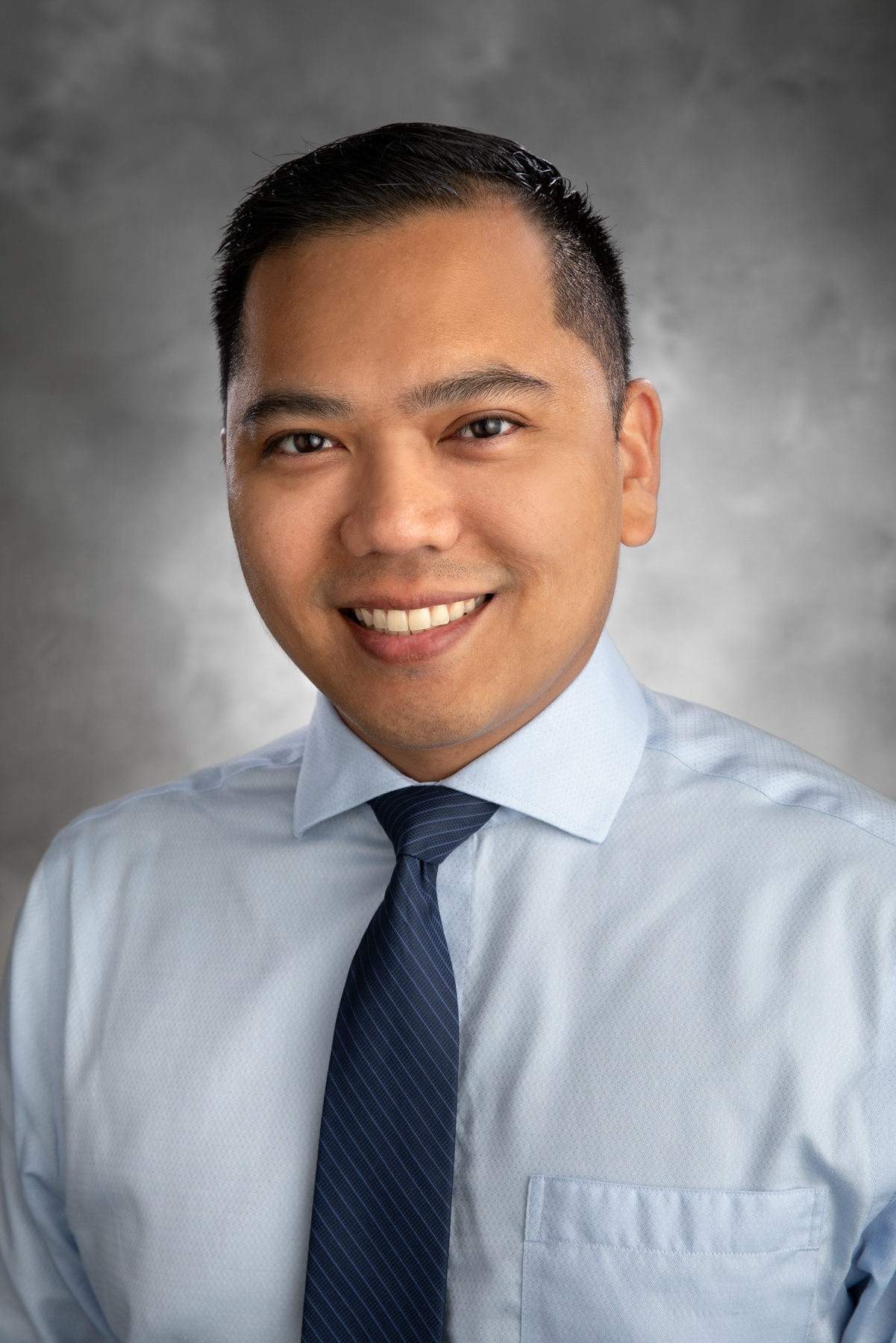

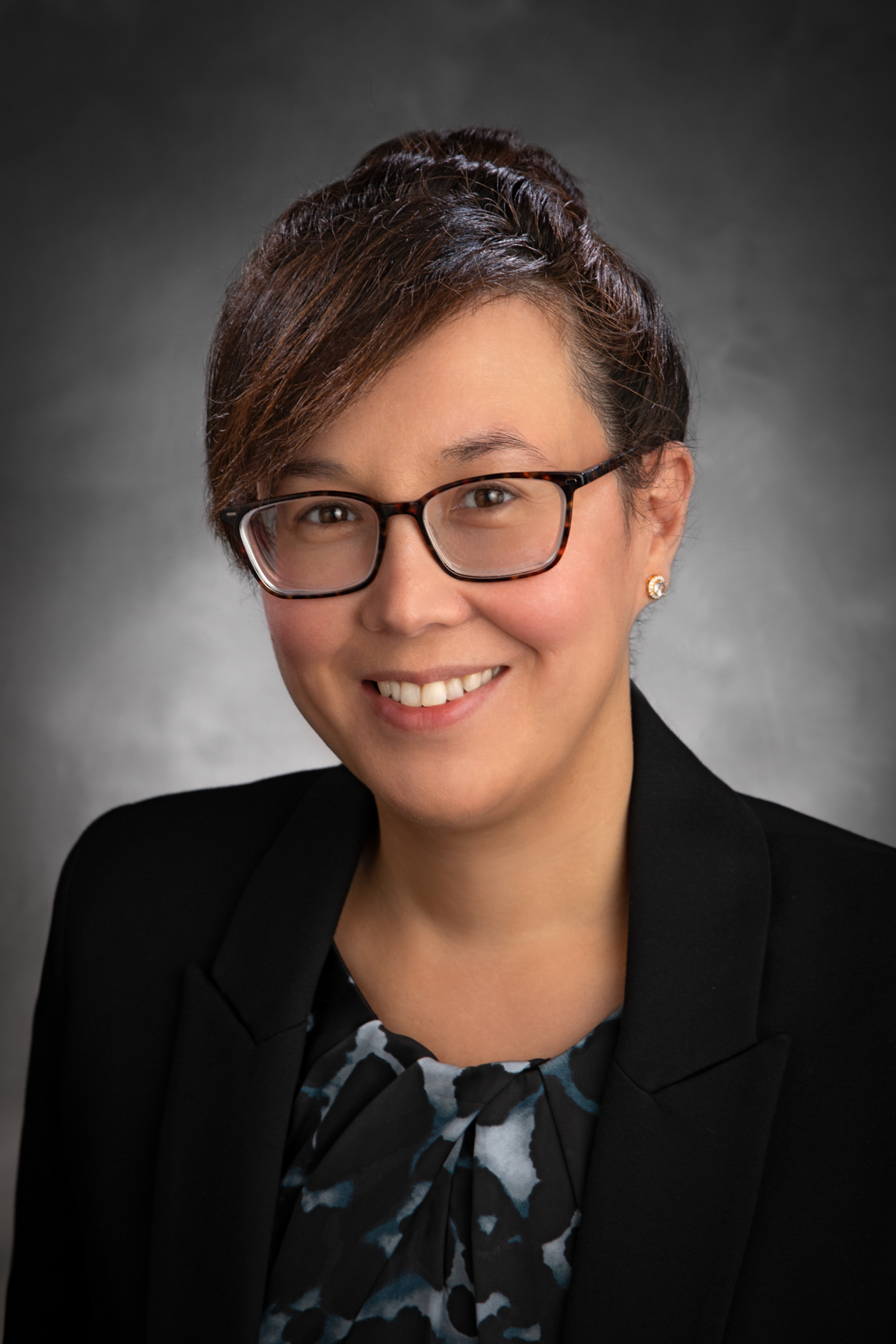
Angela Marie DeRidder, MD
Cancer Care, Medical Oncology, Hematology/Oncology,
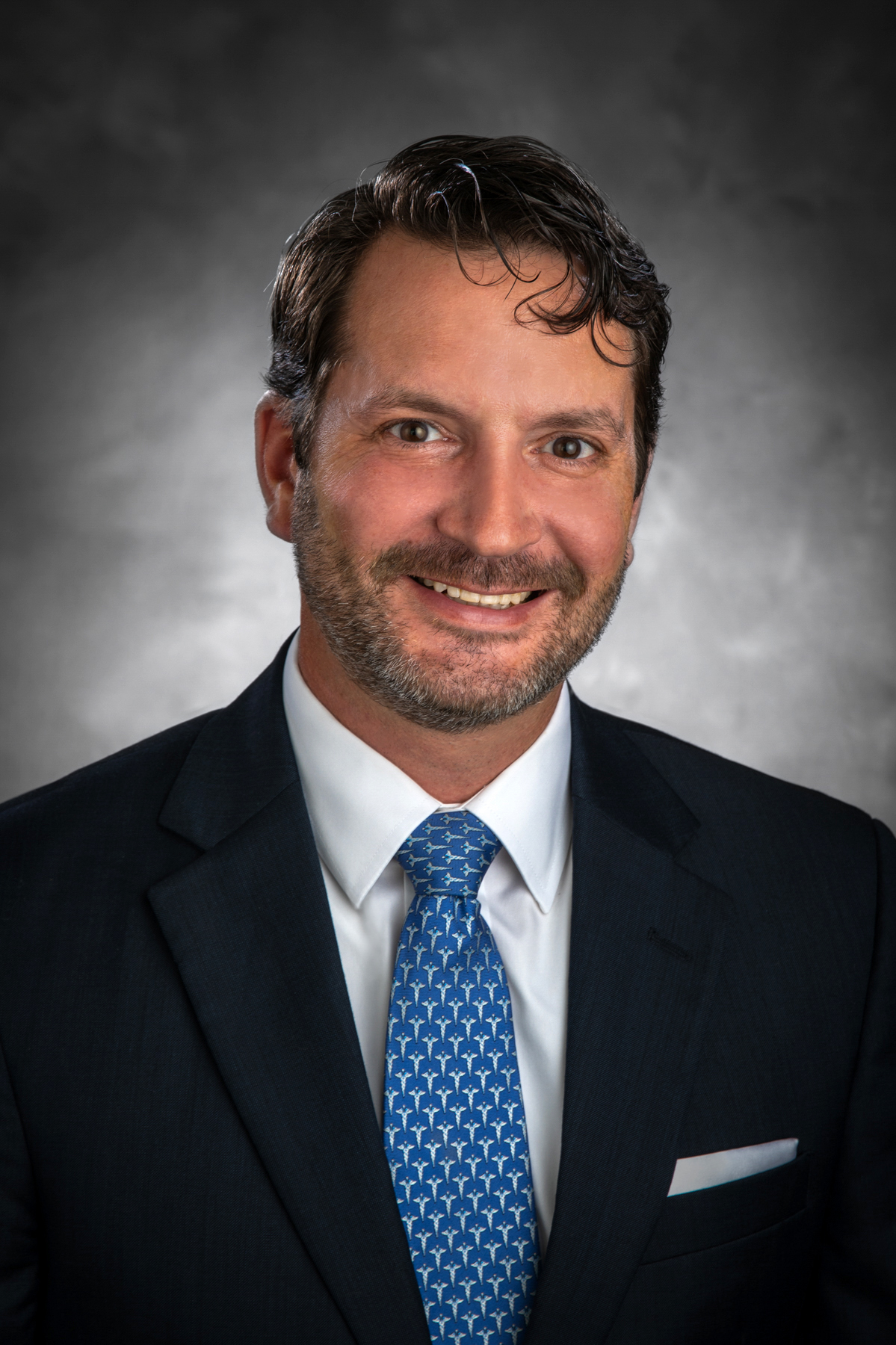
Nicholas Matthew Drake, MD
Cancer Care, Medical Oncology, Internal Medicine,

George Joy Kannarkat, MD
Cancer Care, Medical Oncology, Hematology/Oncology,

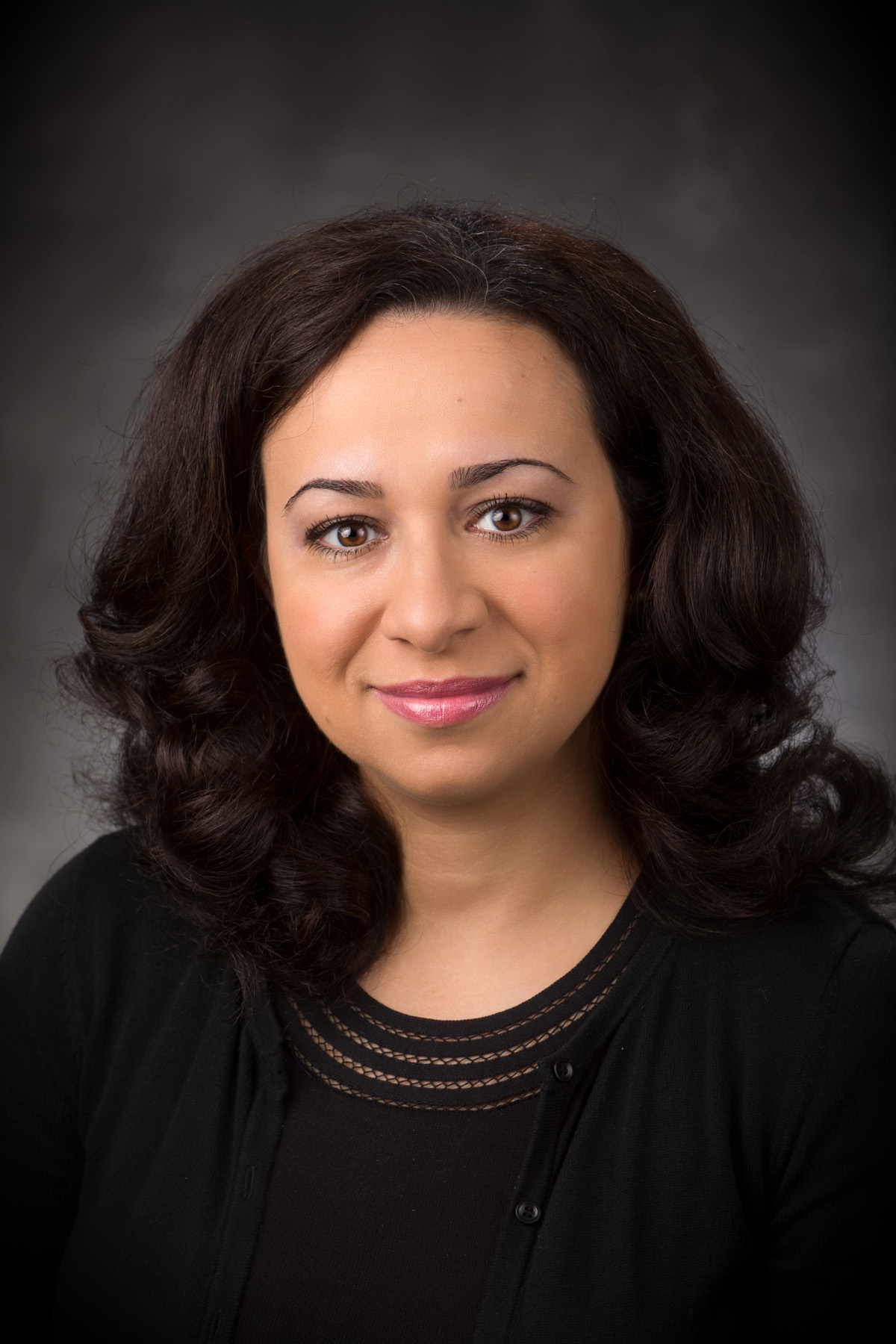

Flavia Esteve Kostov, MD
Cancer Care, Medical Oncology, Hematology/Oncology,
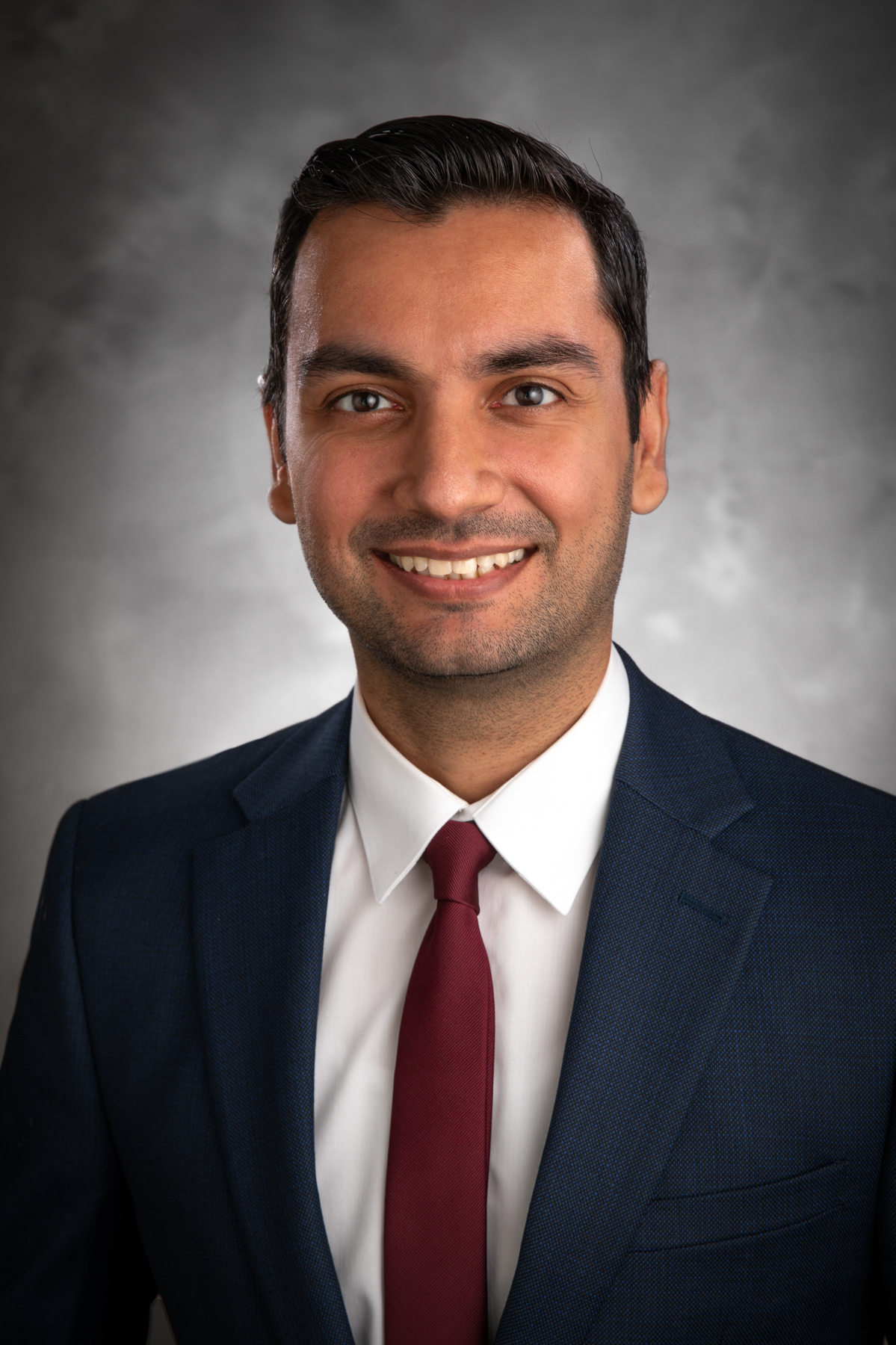
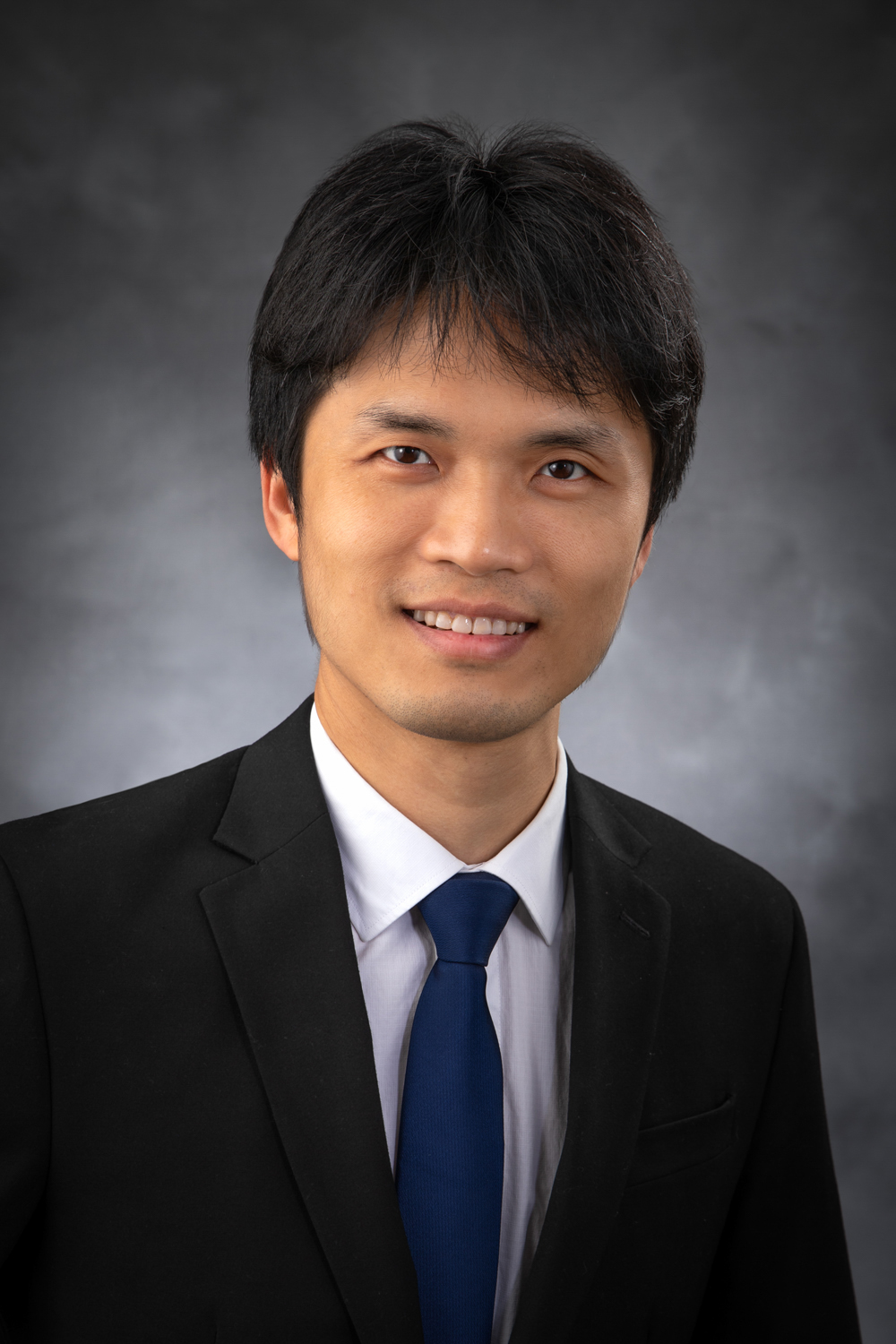
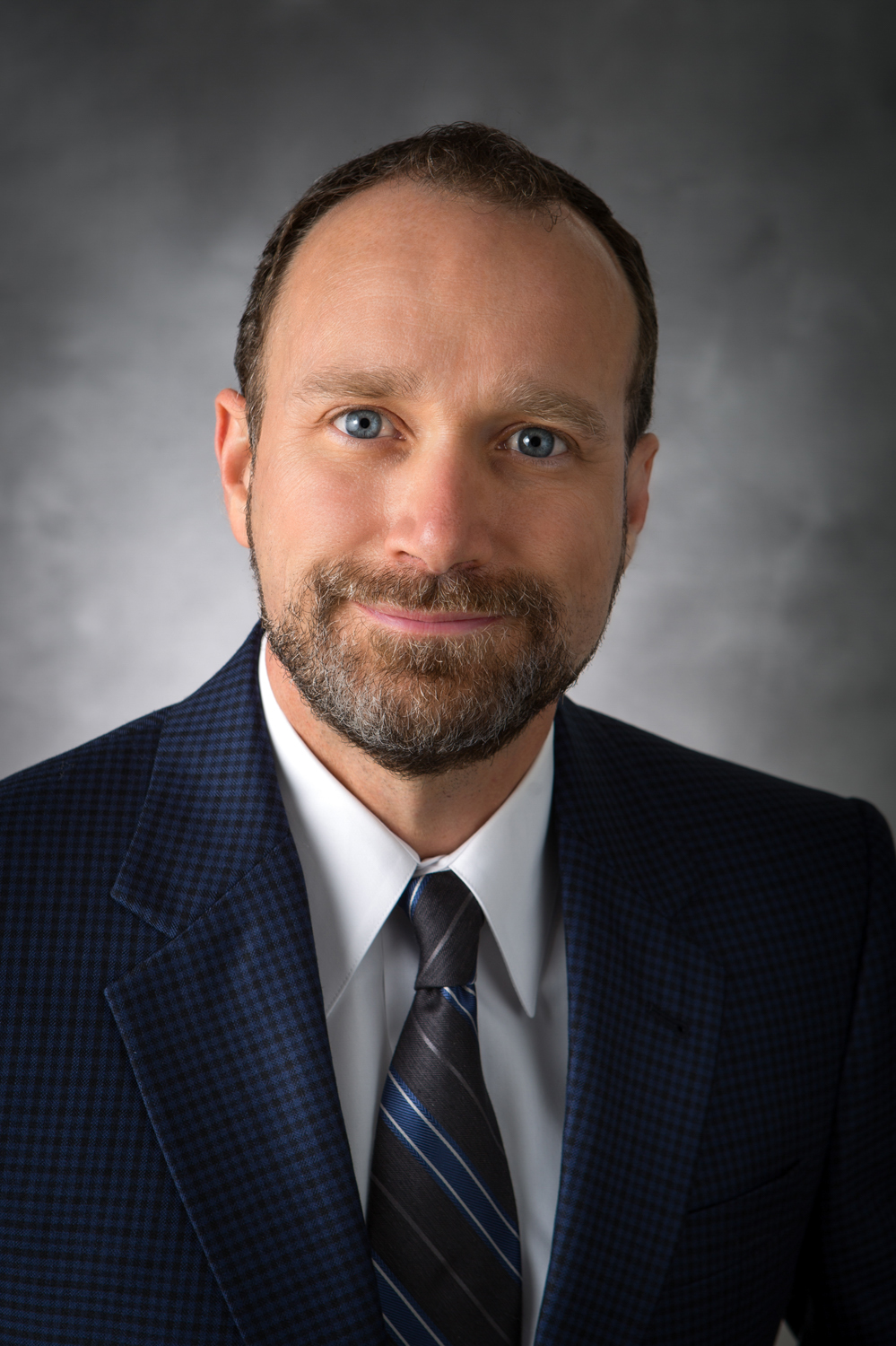
John Francois Miller, MD
Cancer Care, Medical Oncology, Hematology/Oncology,
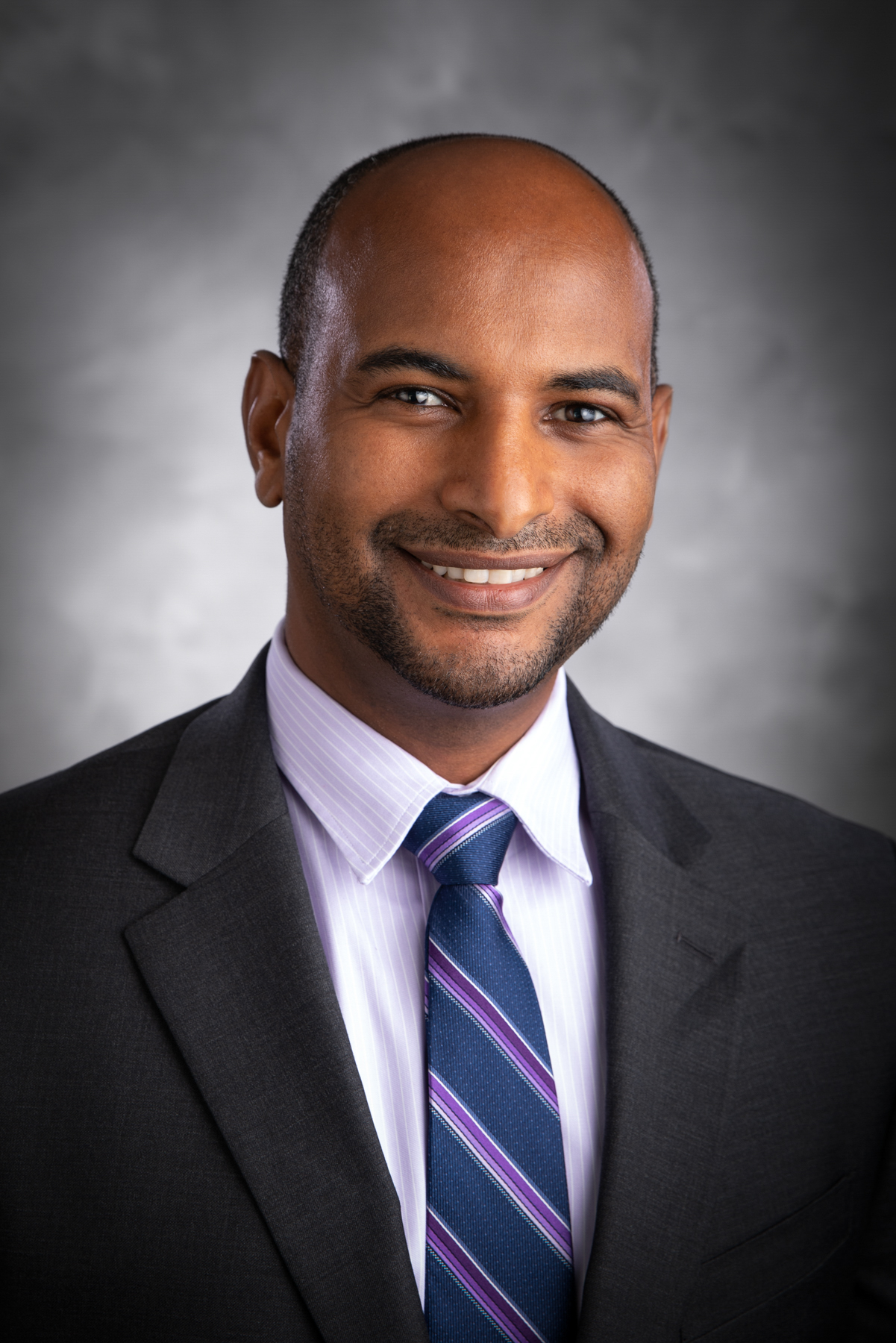

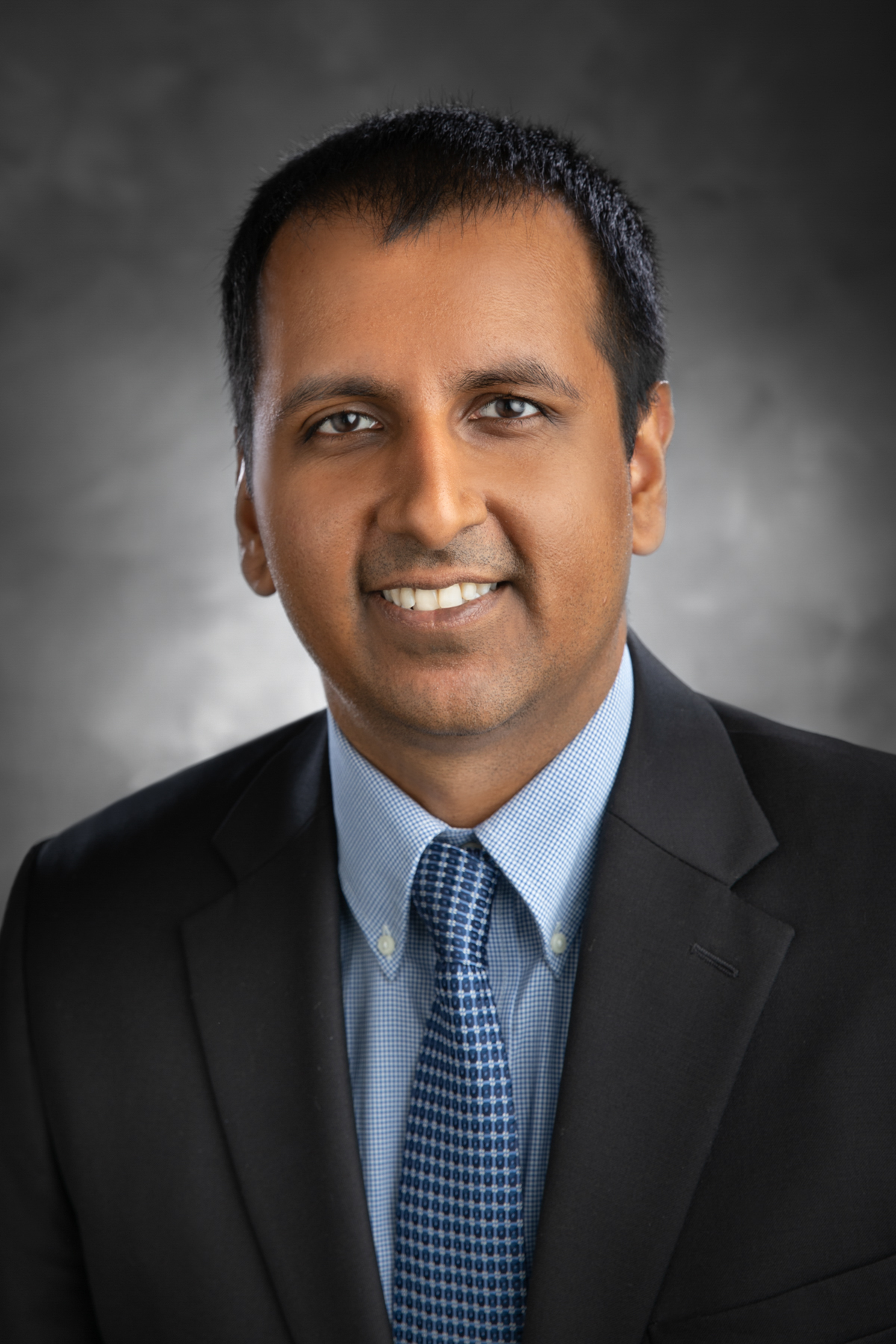
Narayanan Sadagopan, MD
Cancer Care, Medical Oncology, Hematology/Oncology,

Lauren Elisabeth Salmon, DO
Cancer Care, Medical Oncology, Hematology/Oncology,


Amy Michelle Skorupa, MD
Cancer Care, Medical Oncology, Internal Medicine,
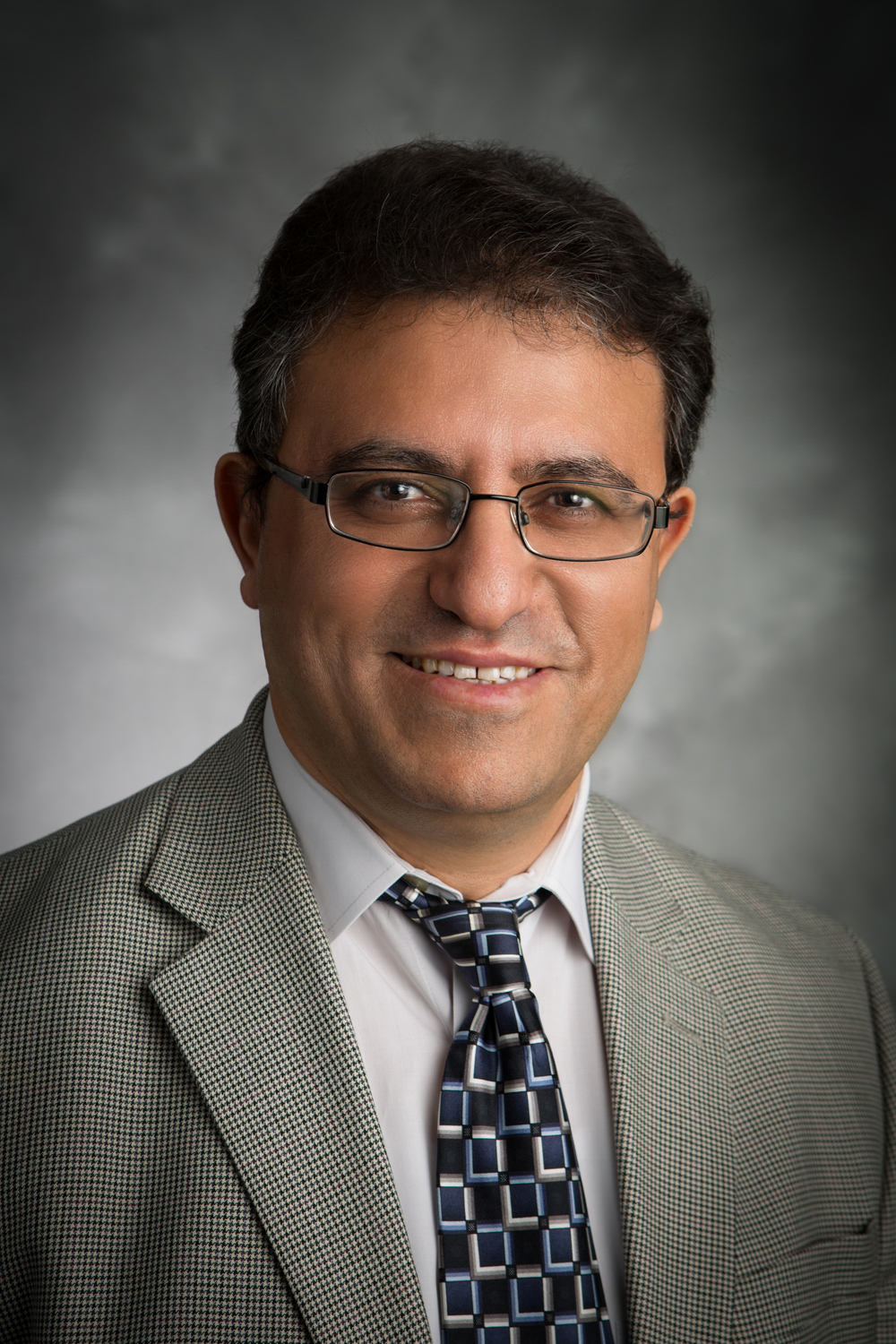

Kelly G. Armbruster, FNP
Cancer Care, Medical Oncology, Hematology/Oncology,


Jessica Ann Cockrill, FNP
Cancer Care, Medical Oncology, Hematology/Oncology,



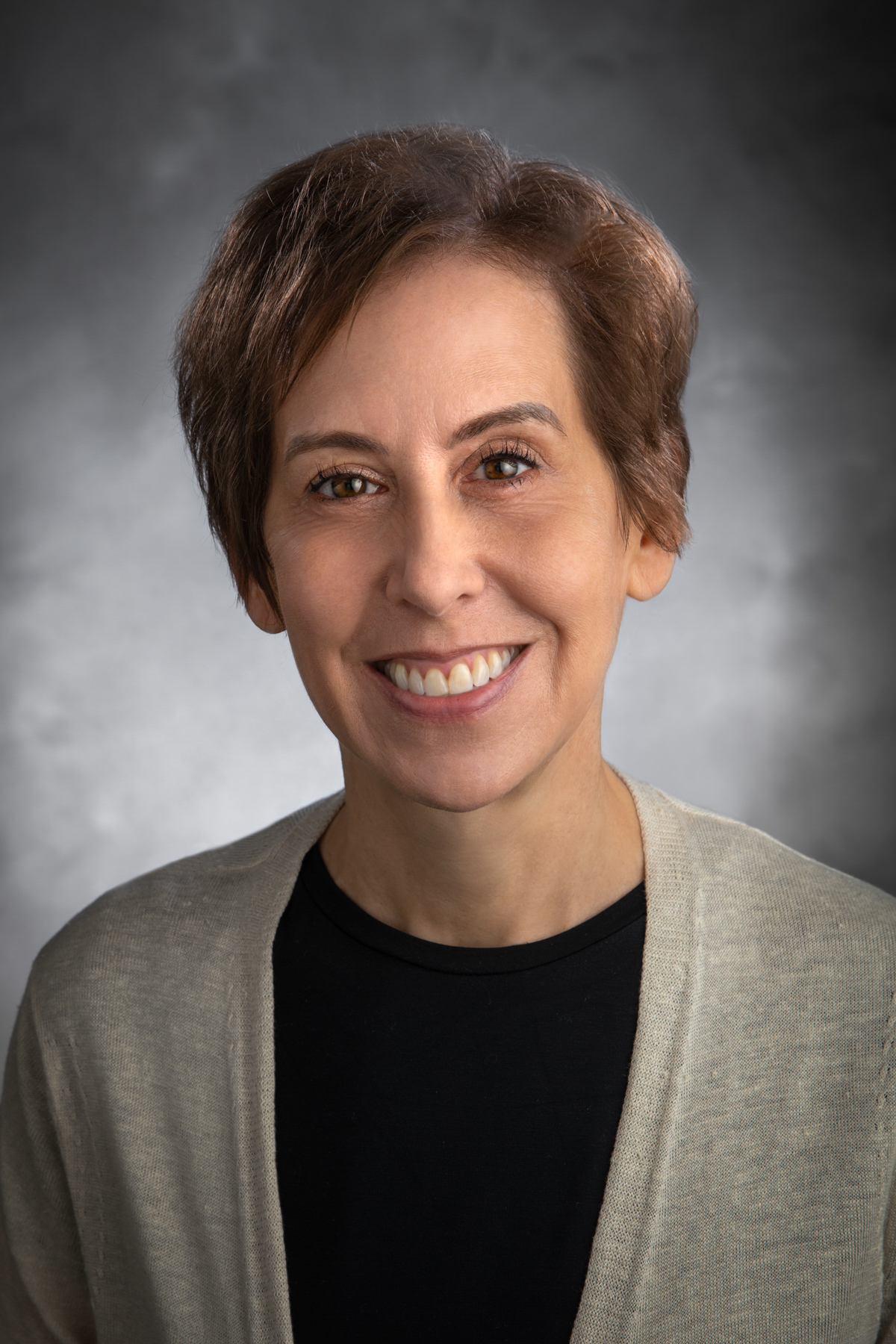
Radiation Oncology
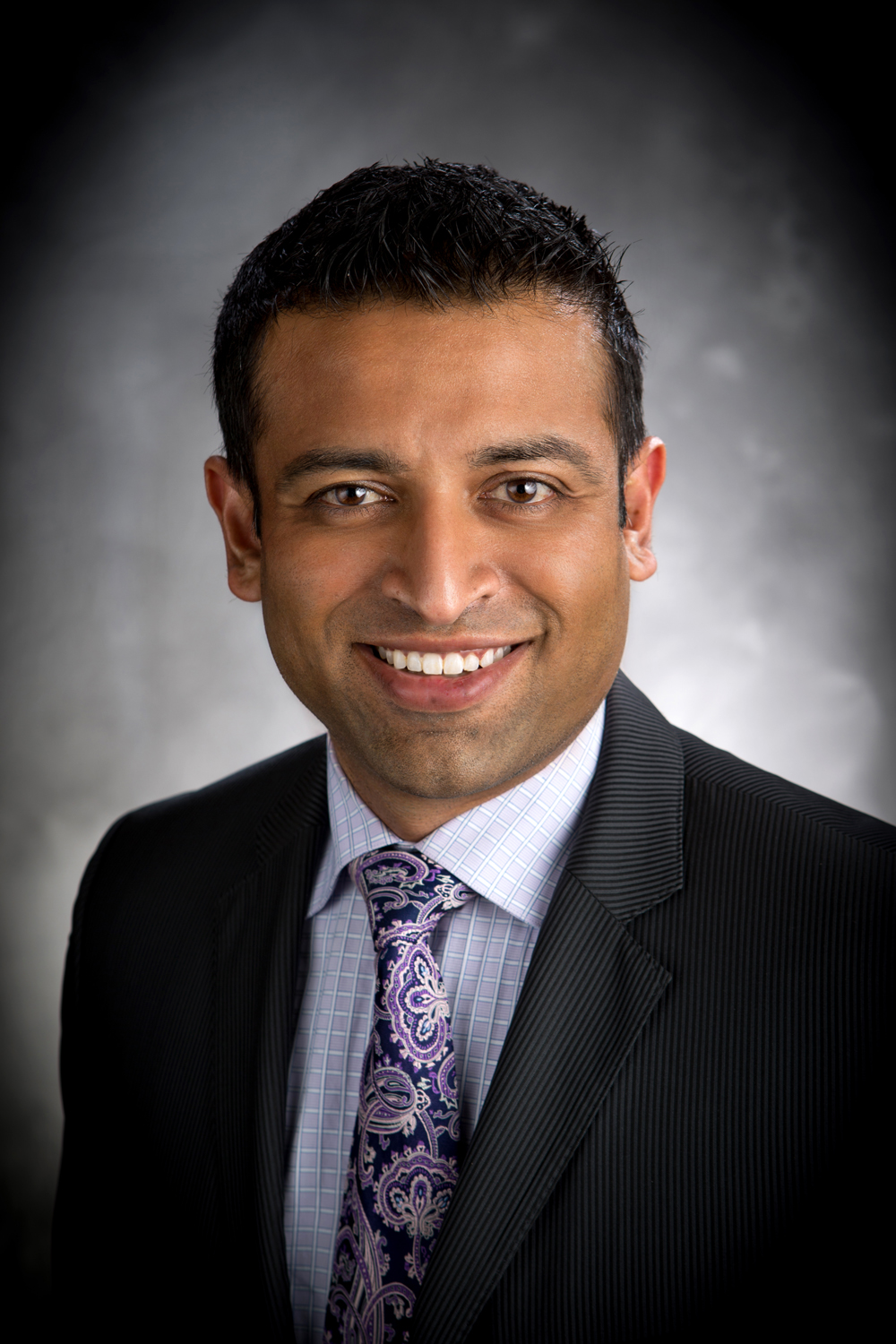

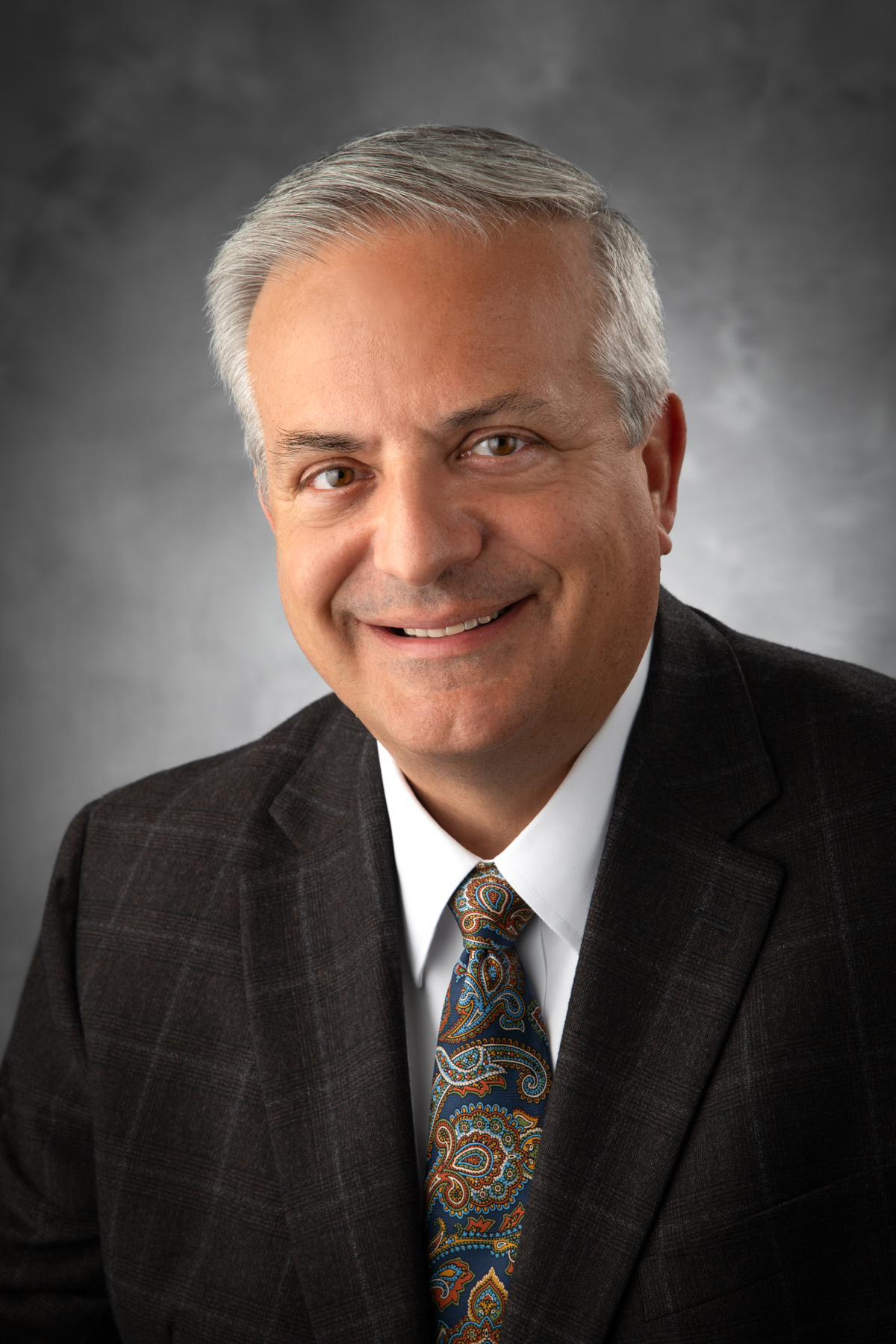
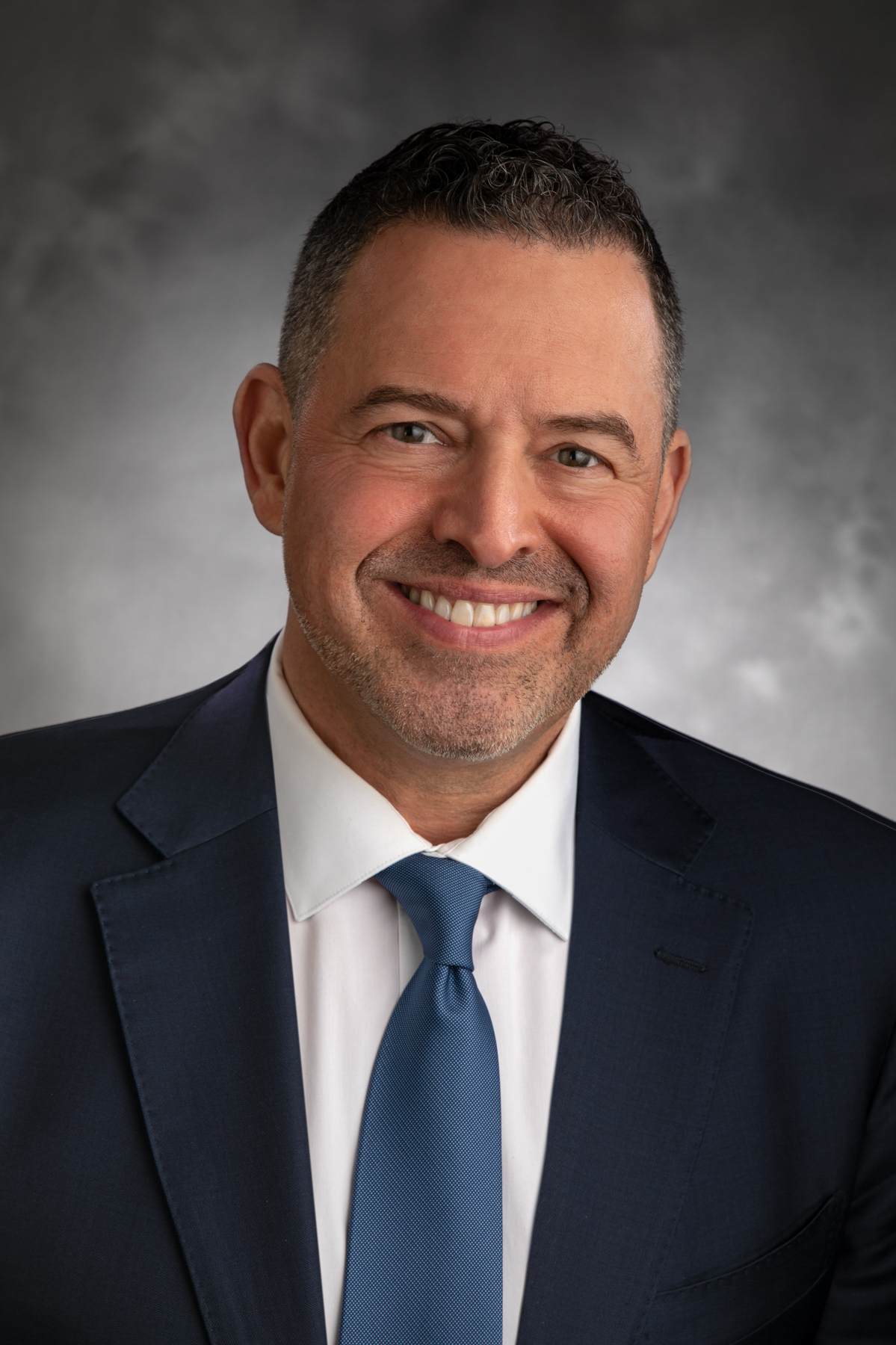

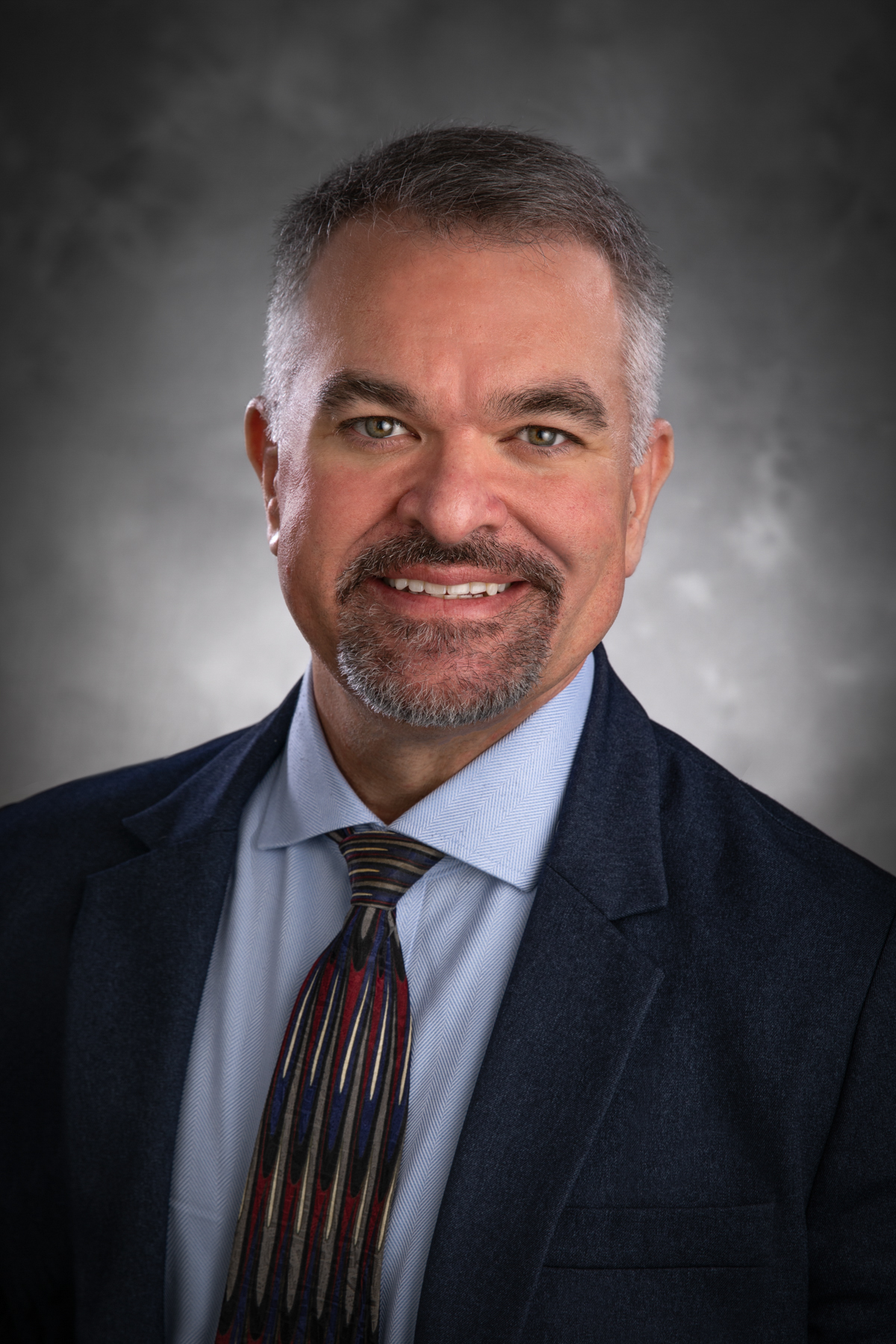

Surgery
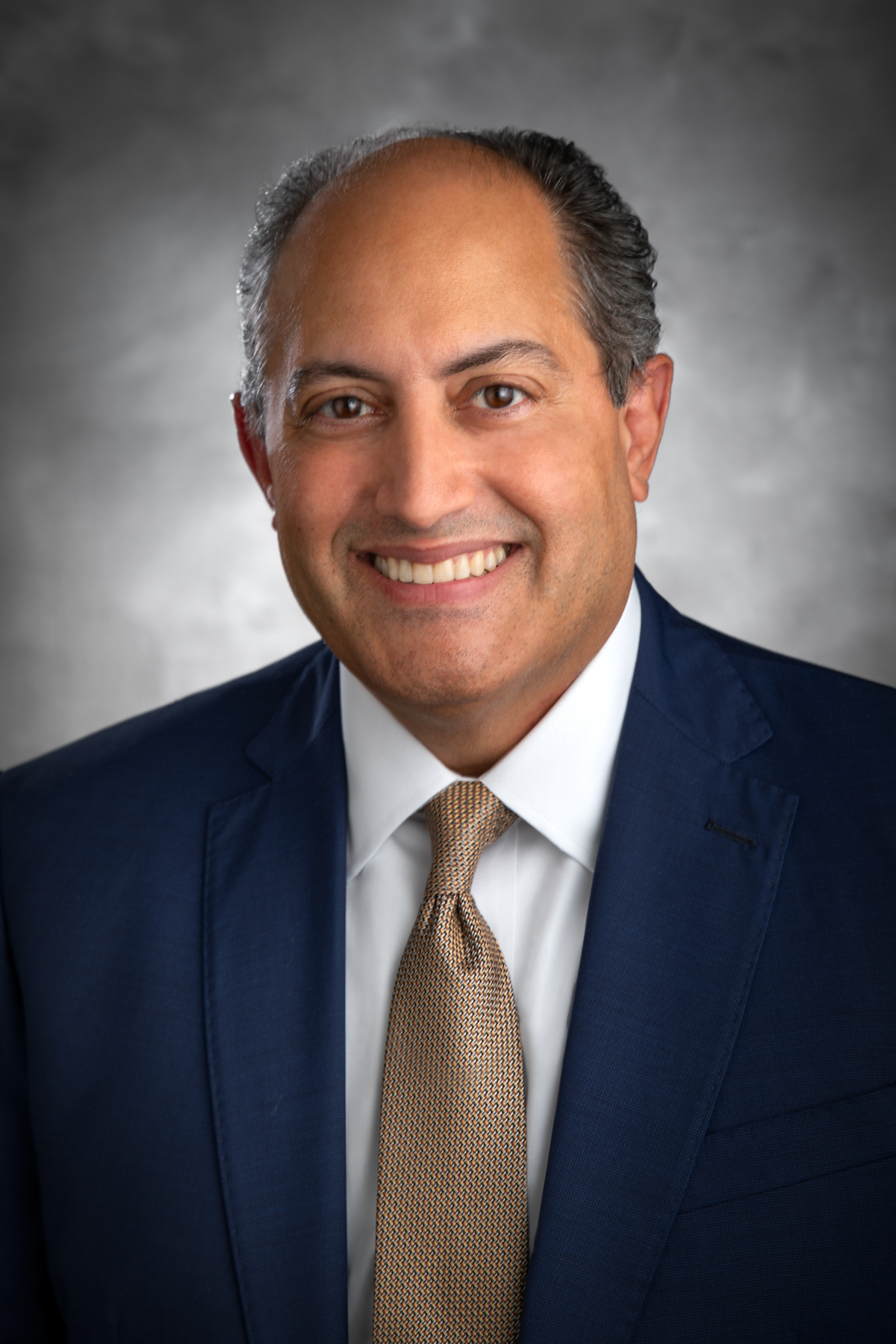
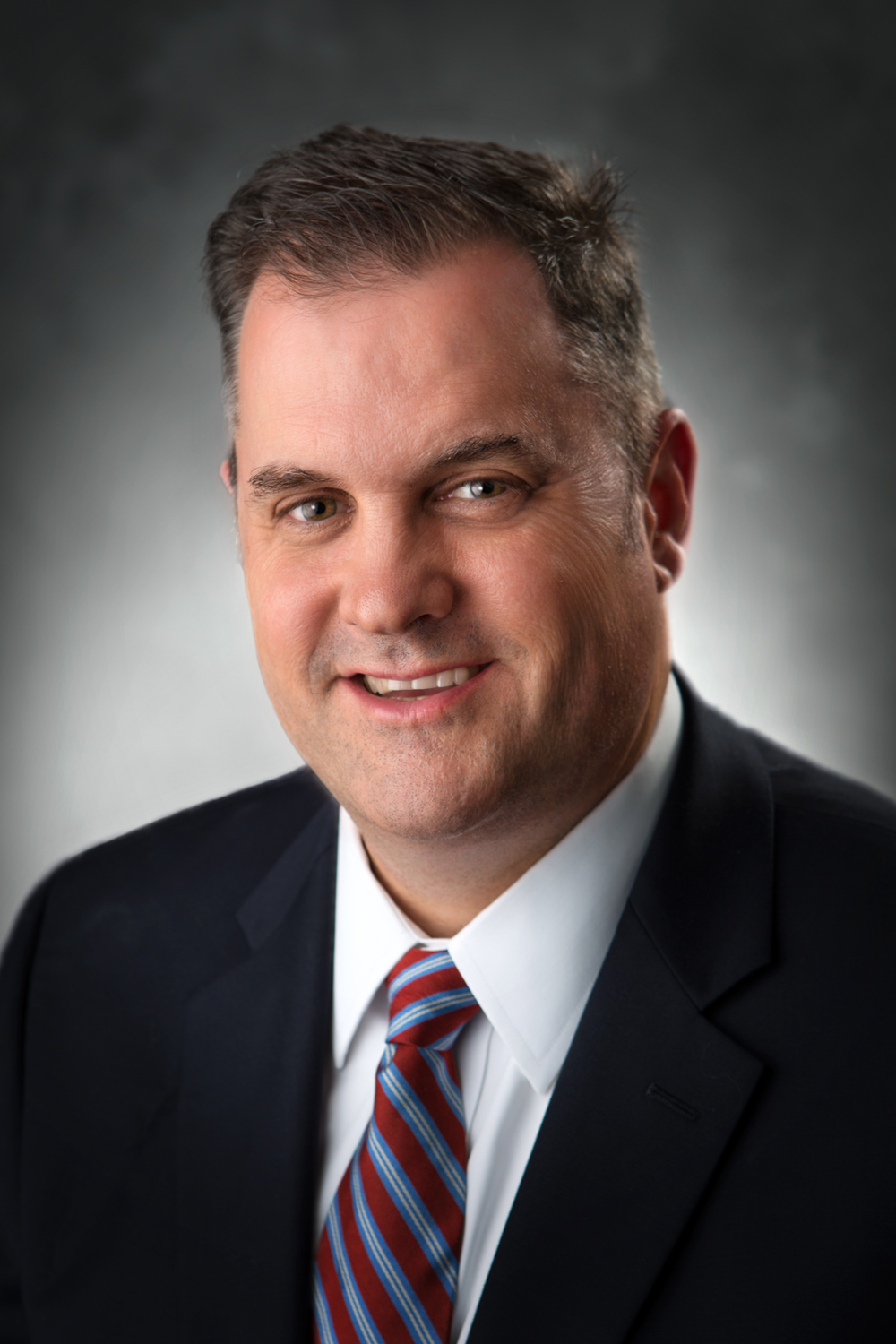
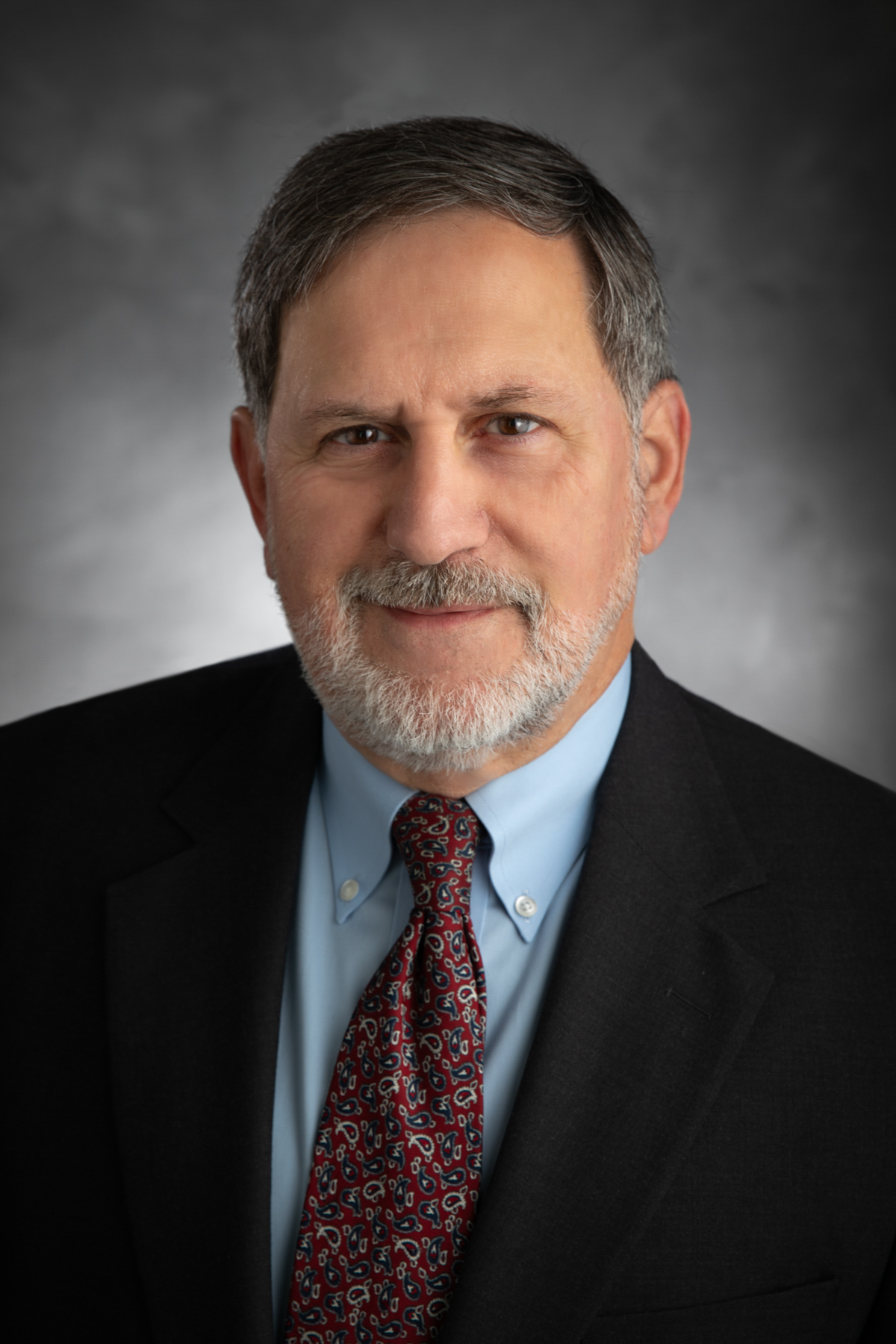

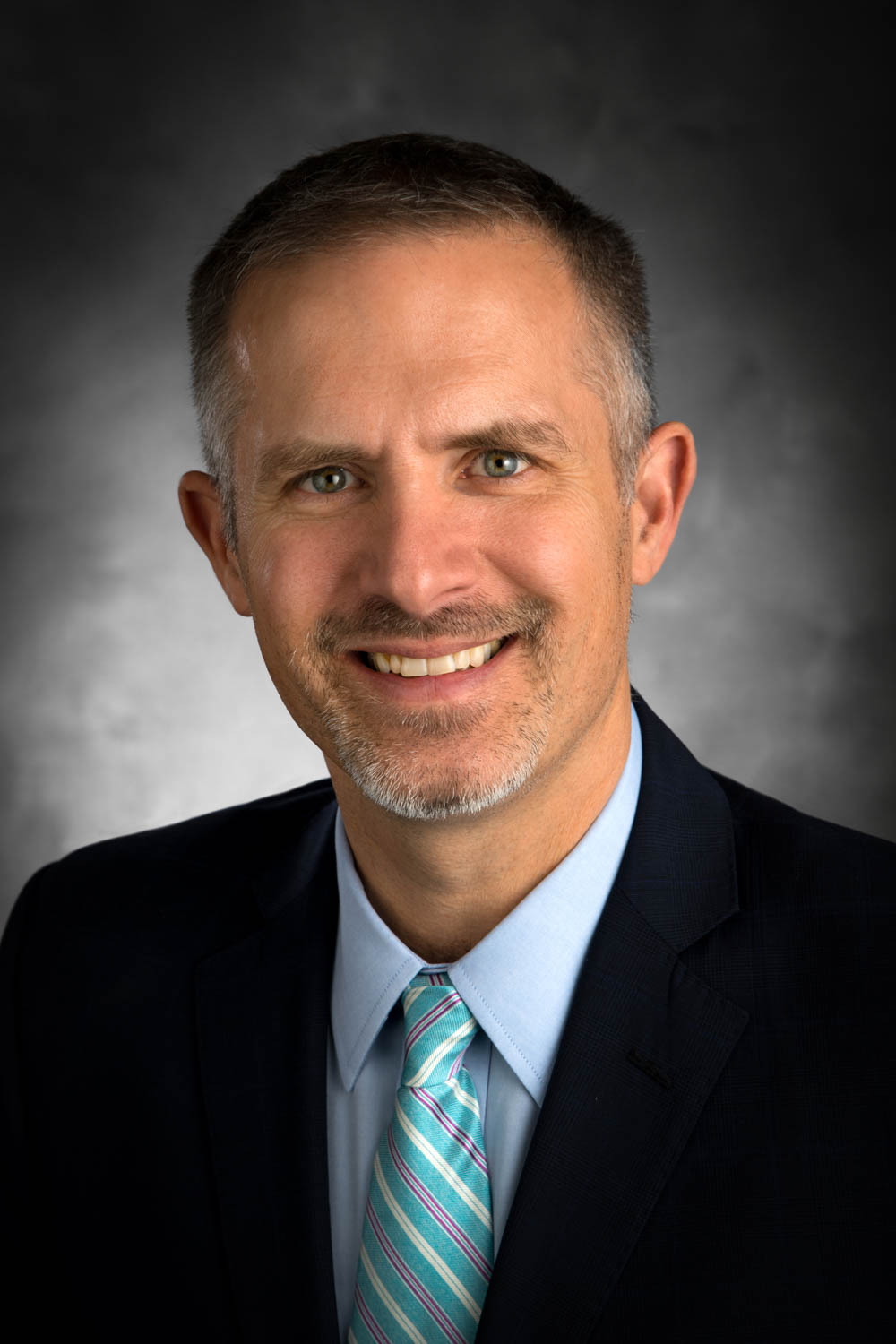
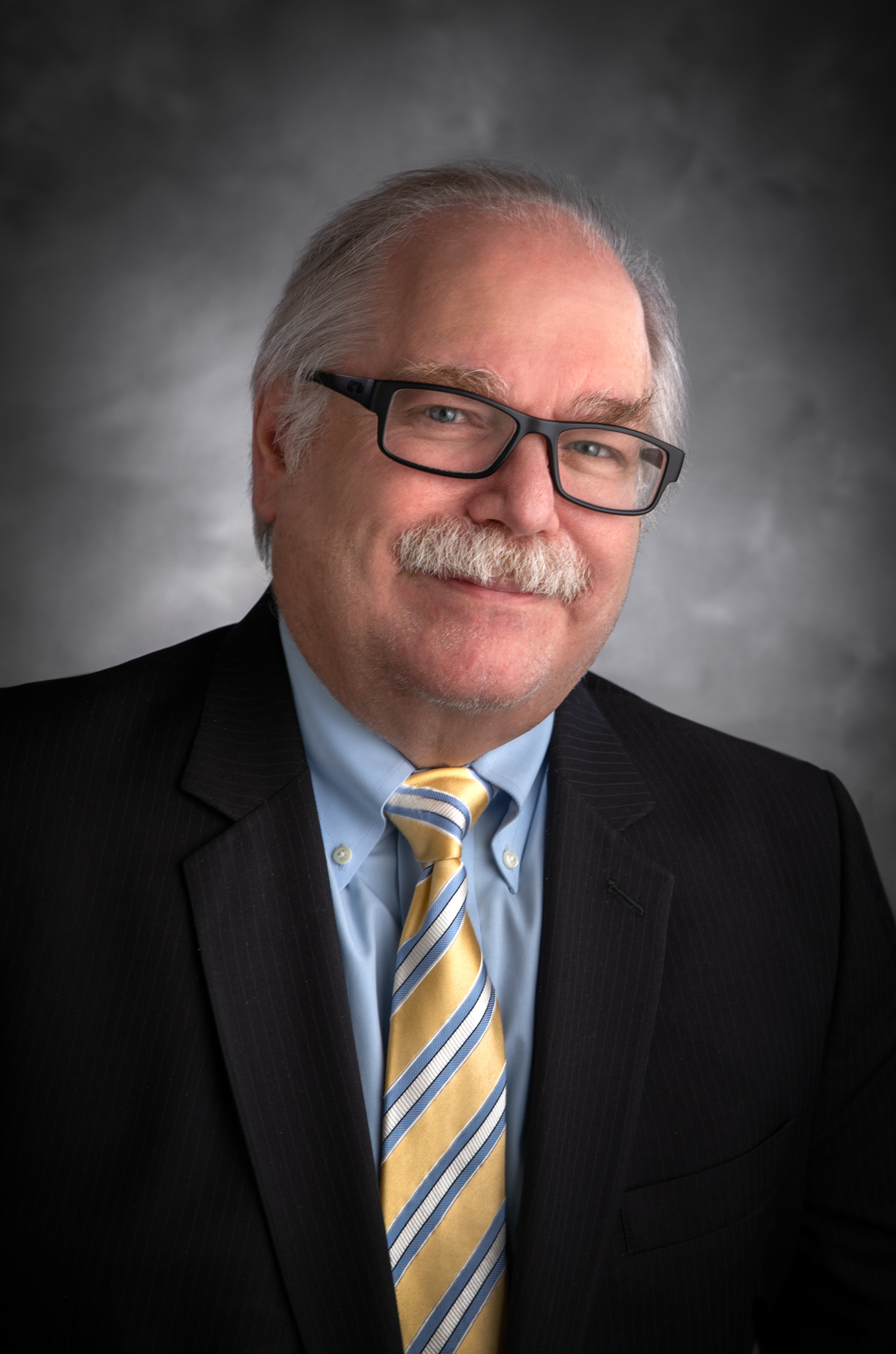
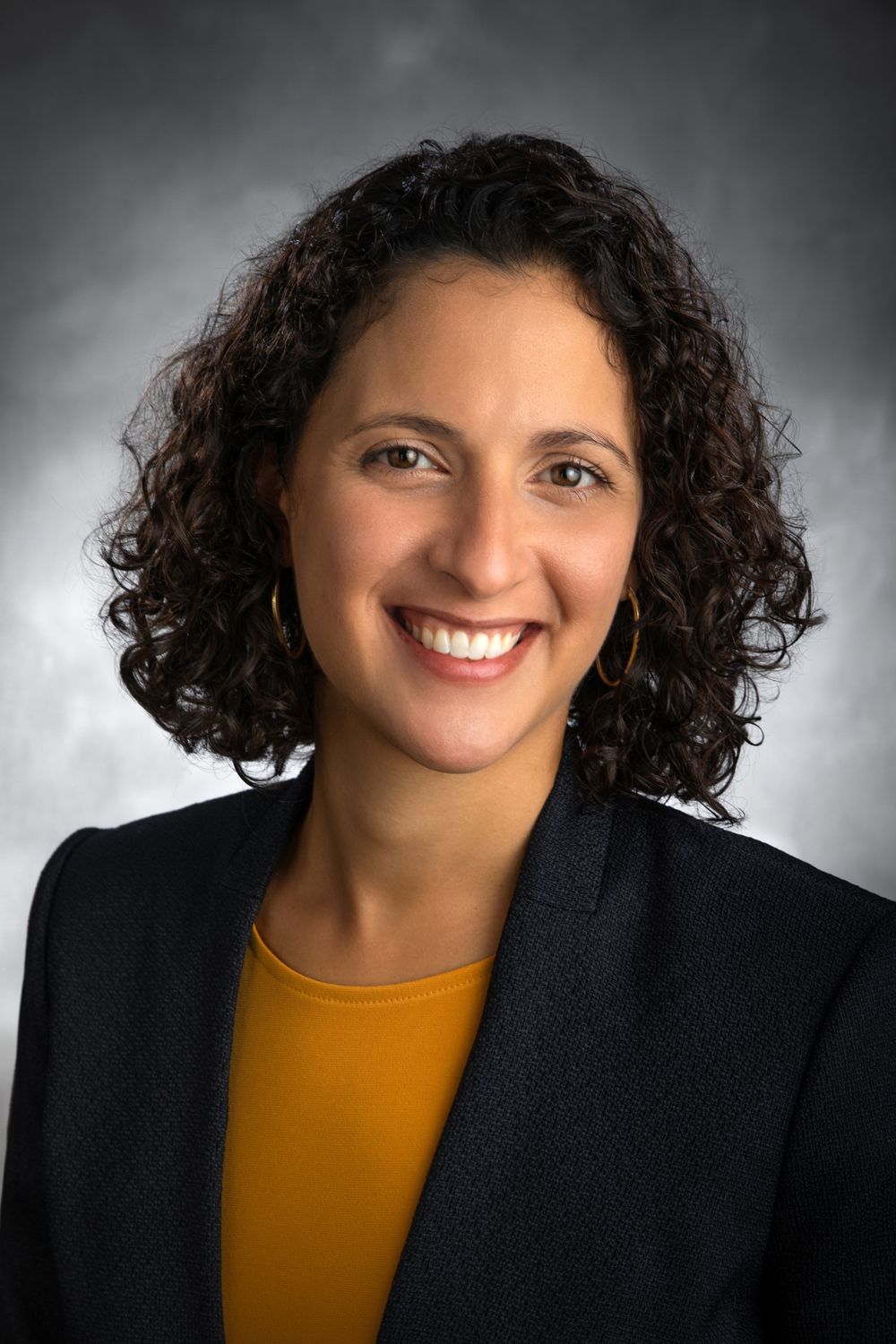
Camil Enid Liceaga Correia, MD
Ear, Nose and Throat, Surgical Oncology,

Paul Lawson Evans Jr., MD
Cardiothoracic Surgery, Heart Surgery, Thoracic Surgery,


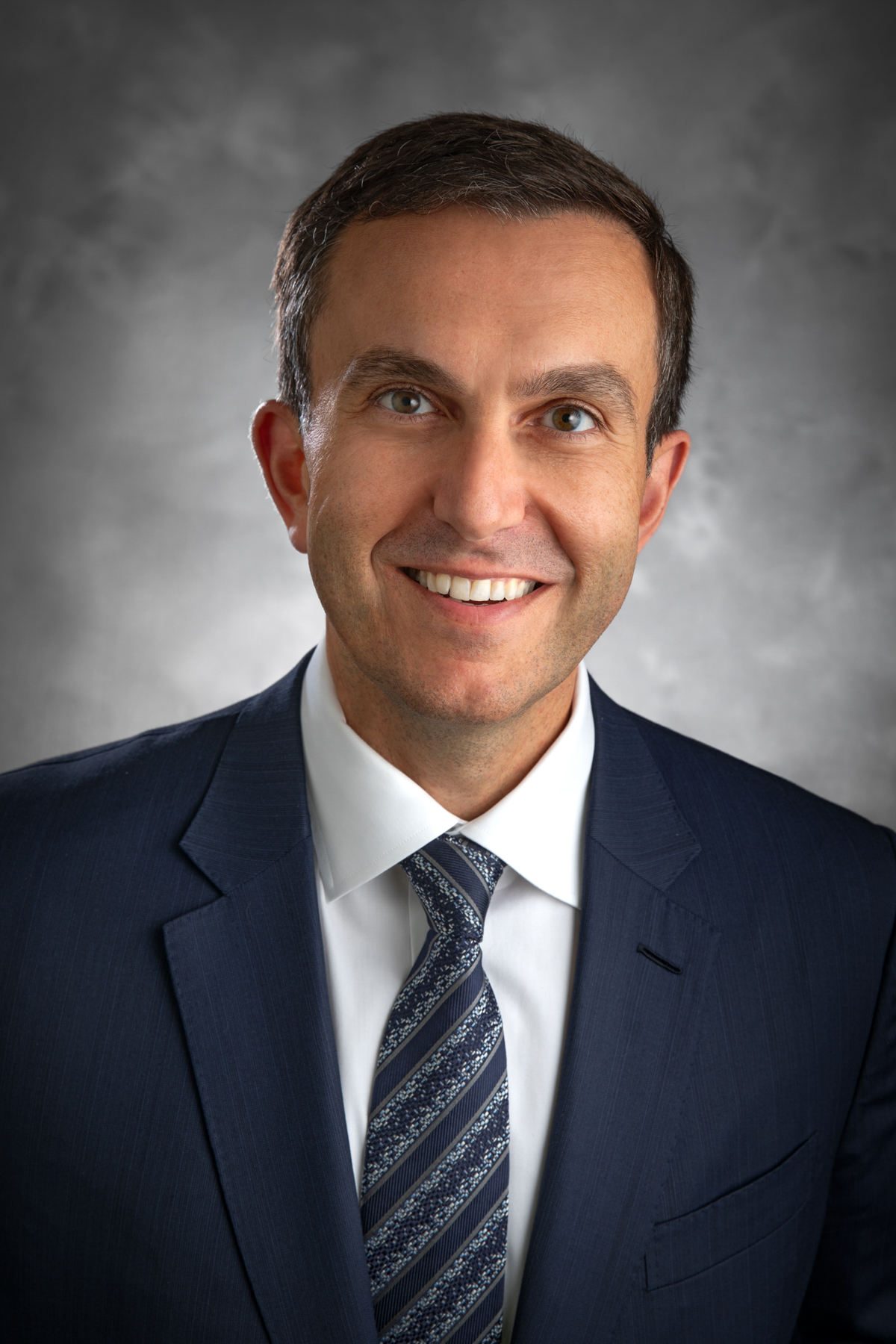
Dean Borissov Kostov, MD
Neurosurgery, Spine Surgery, Neurointerventional Specialist,
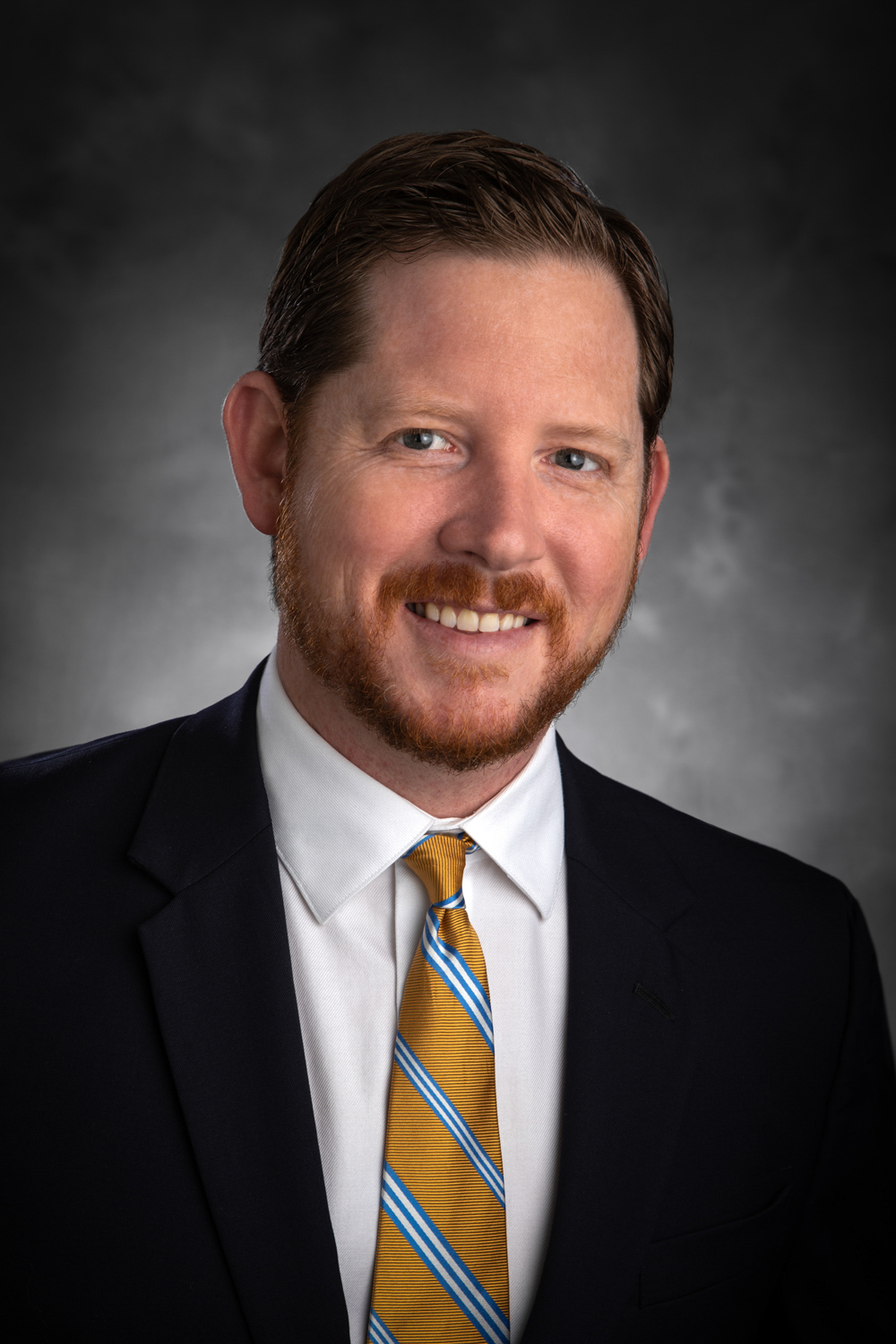

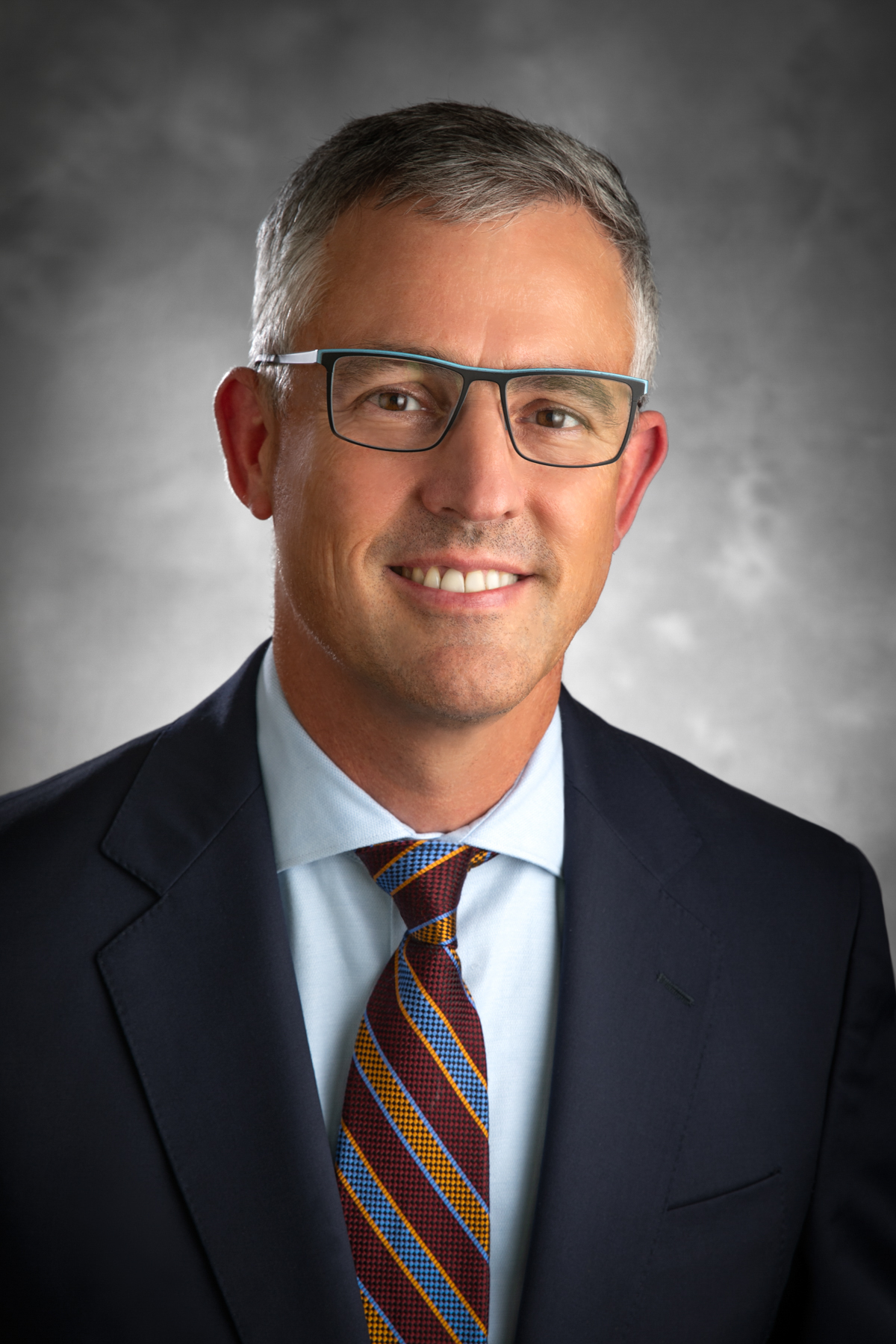


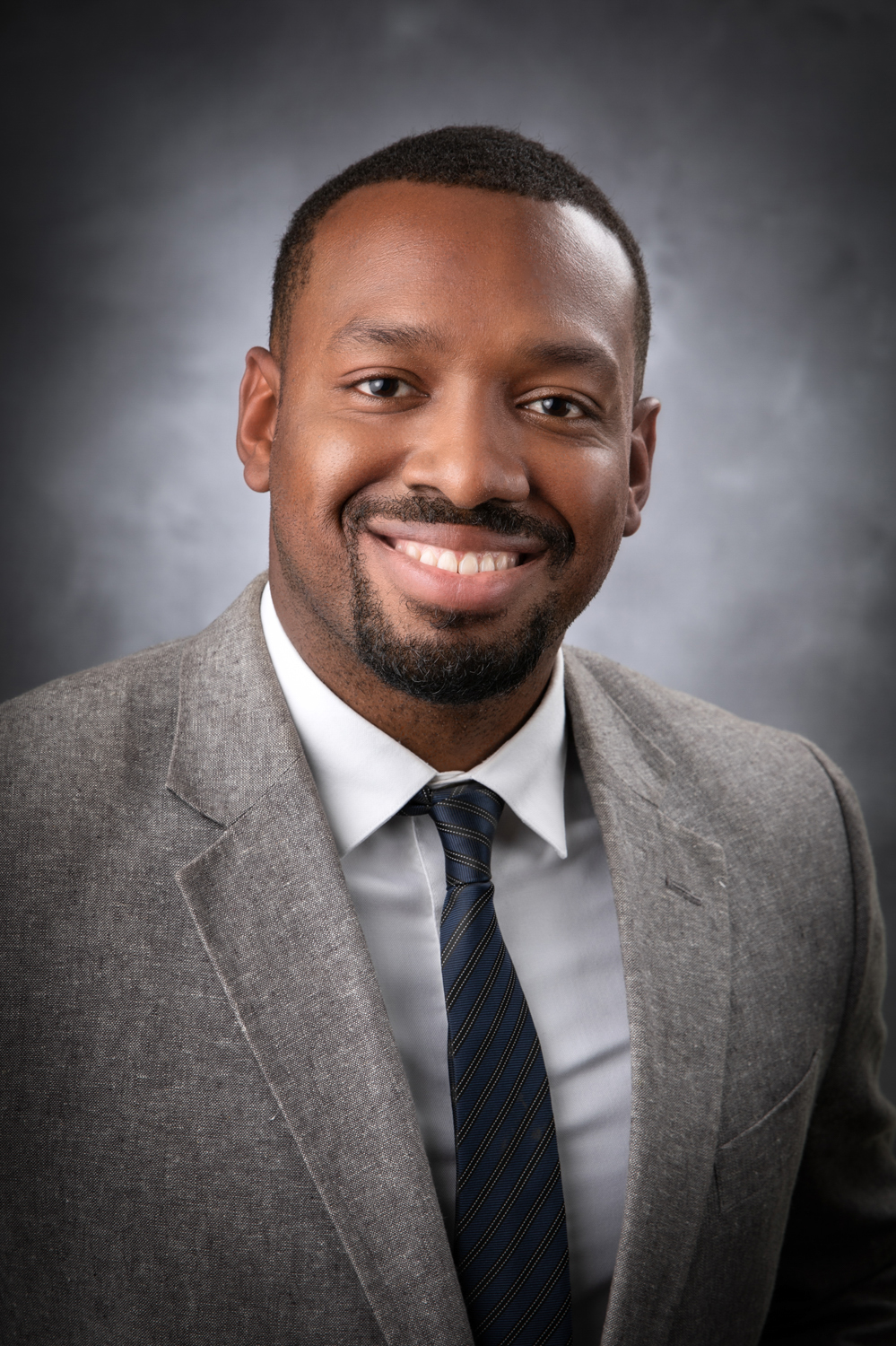

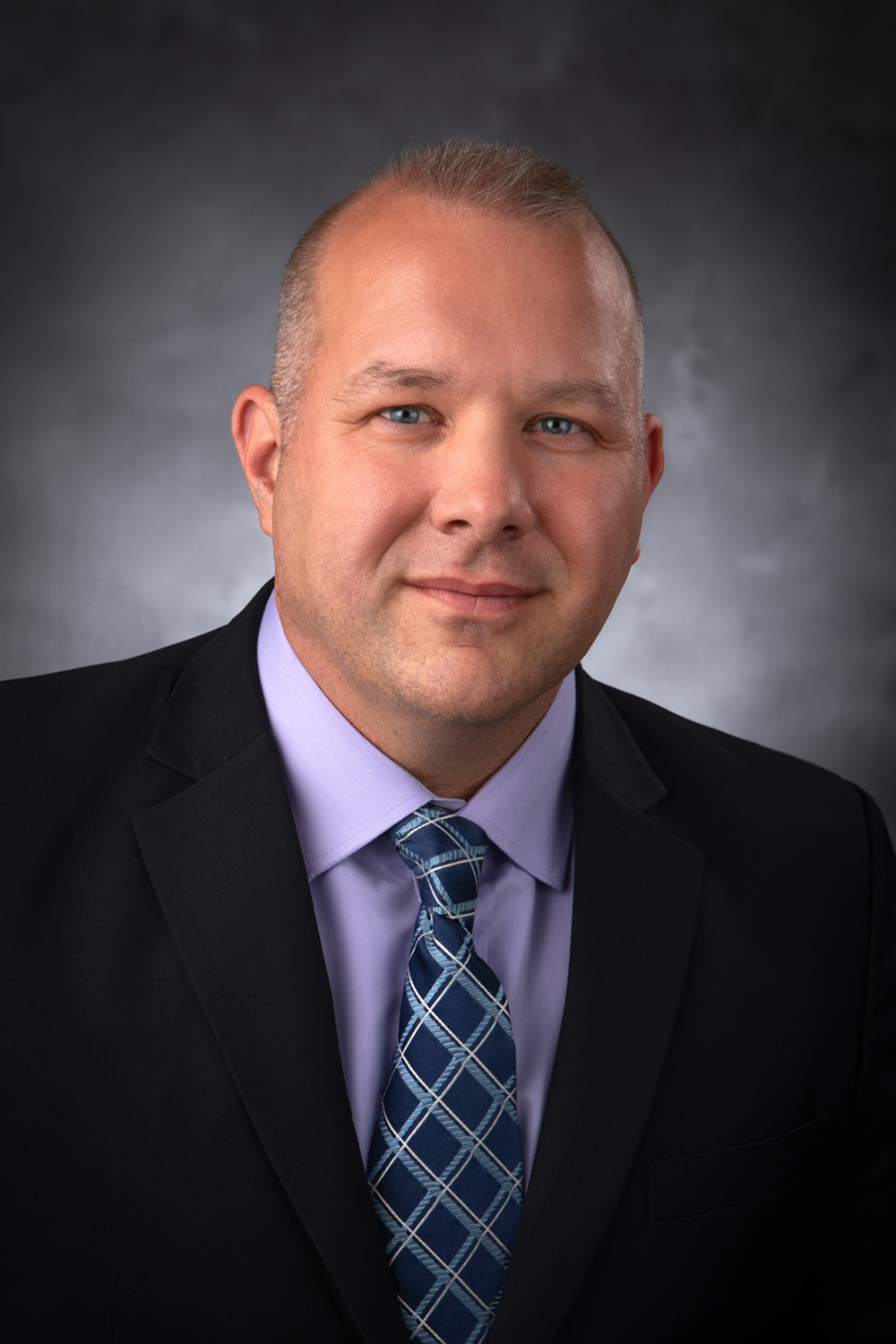



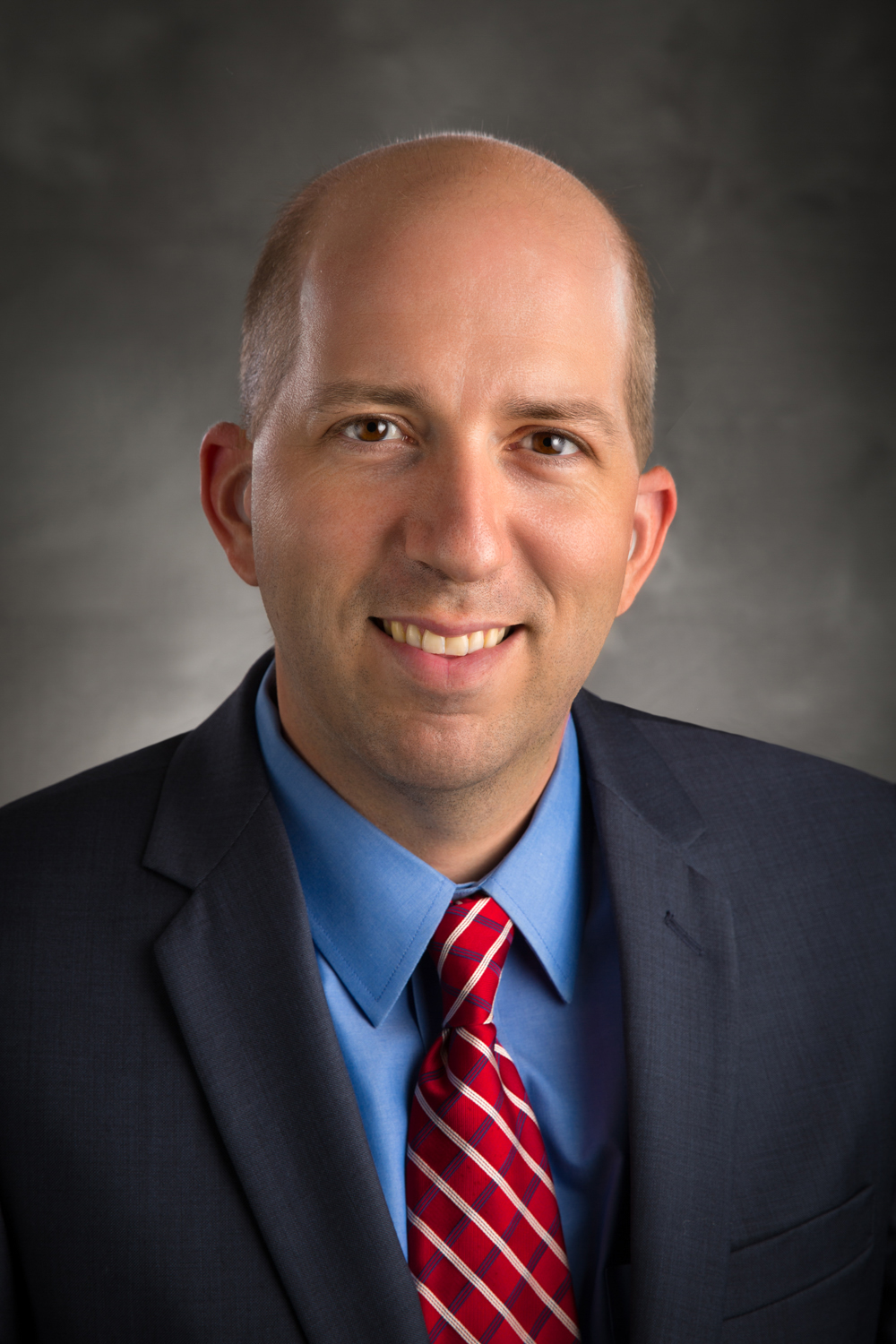
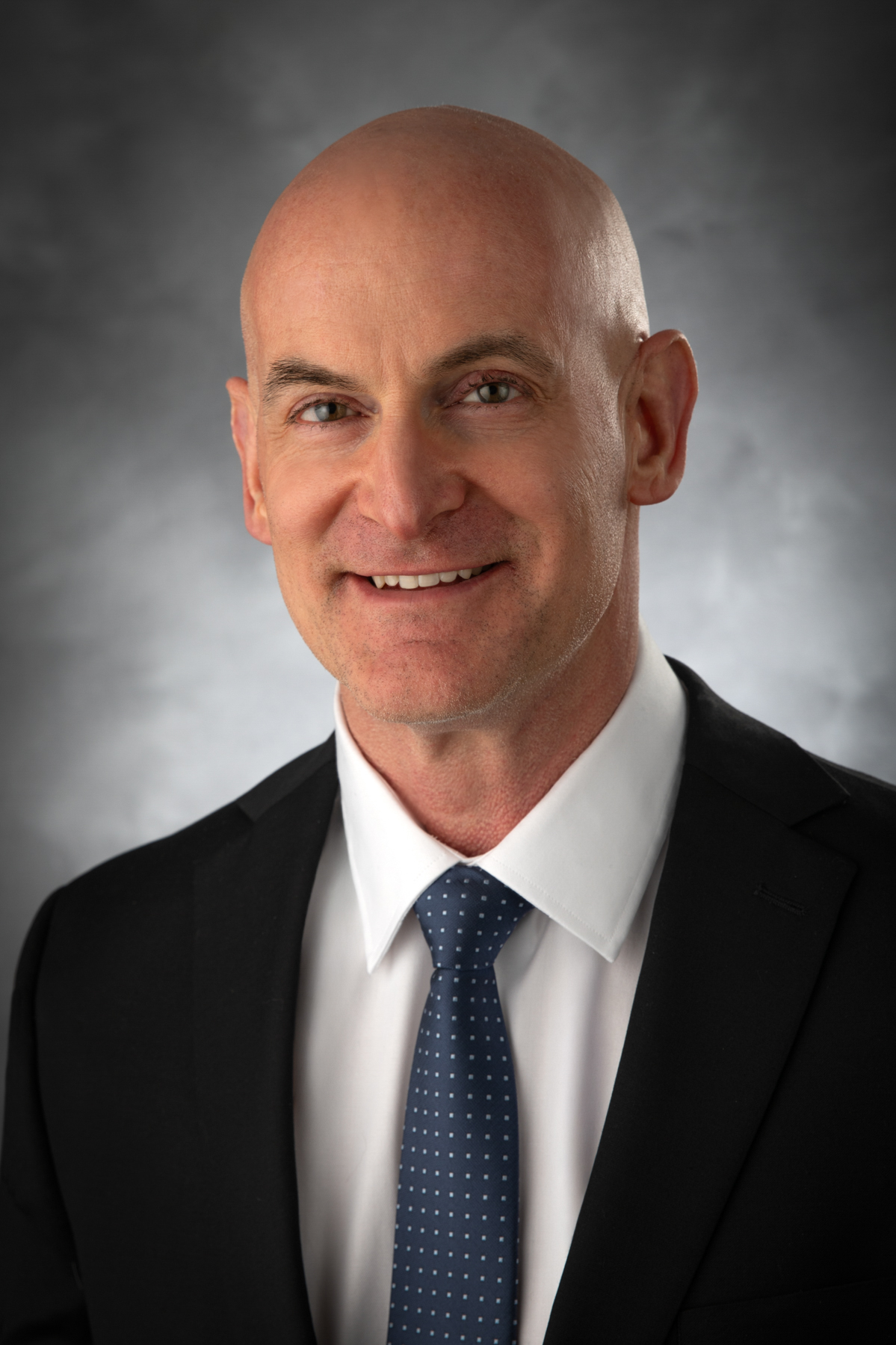
Robert George Strange Jr., MD
Cardiothoracic Surgery, Heart Surgery, Thoracic Surgery,
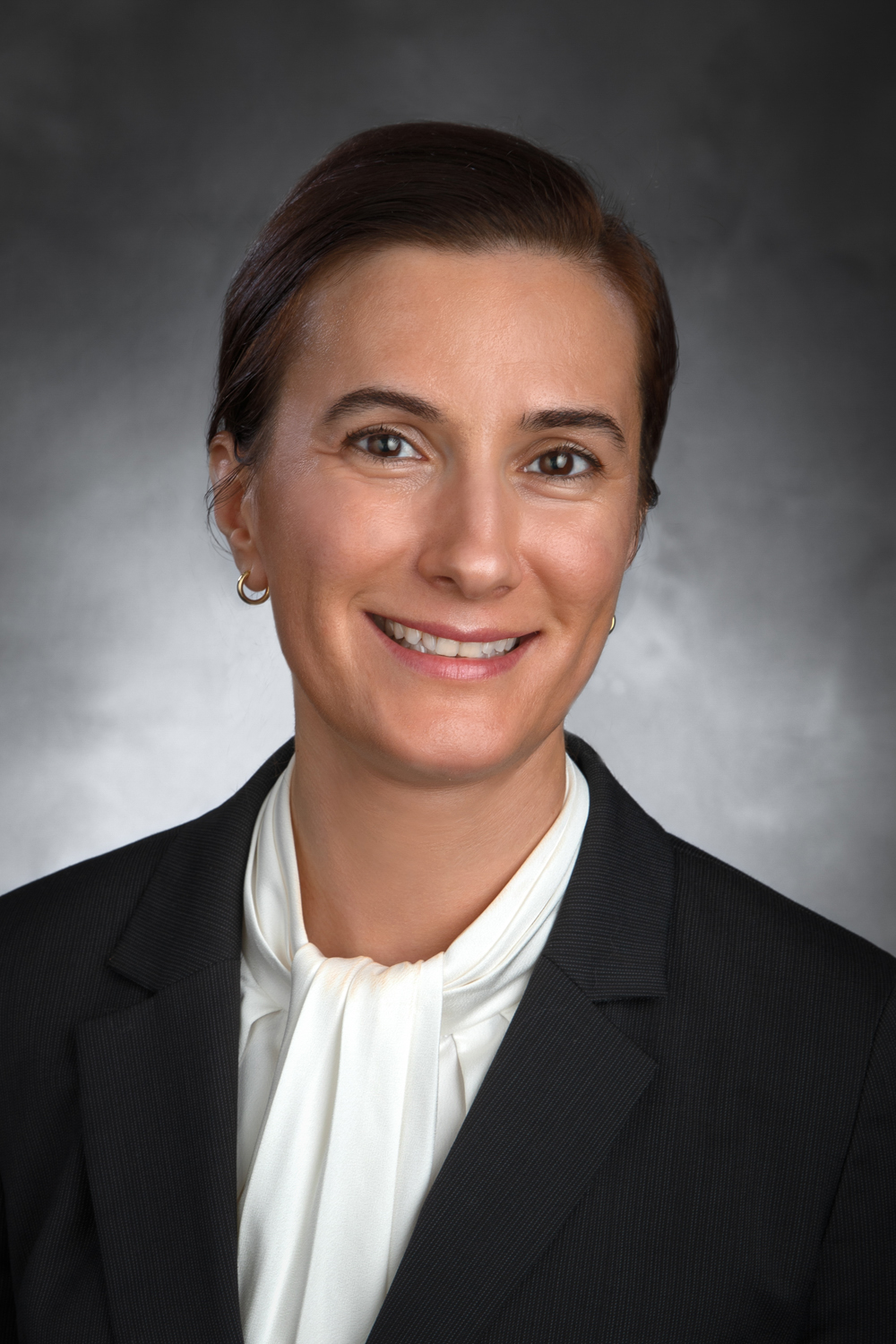
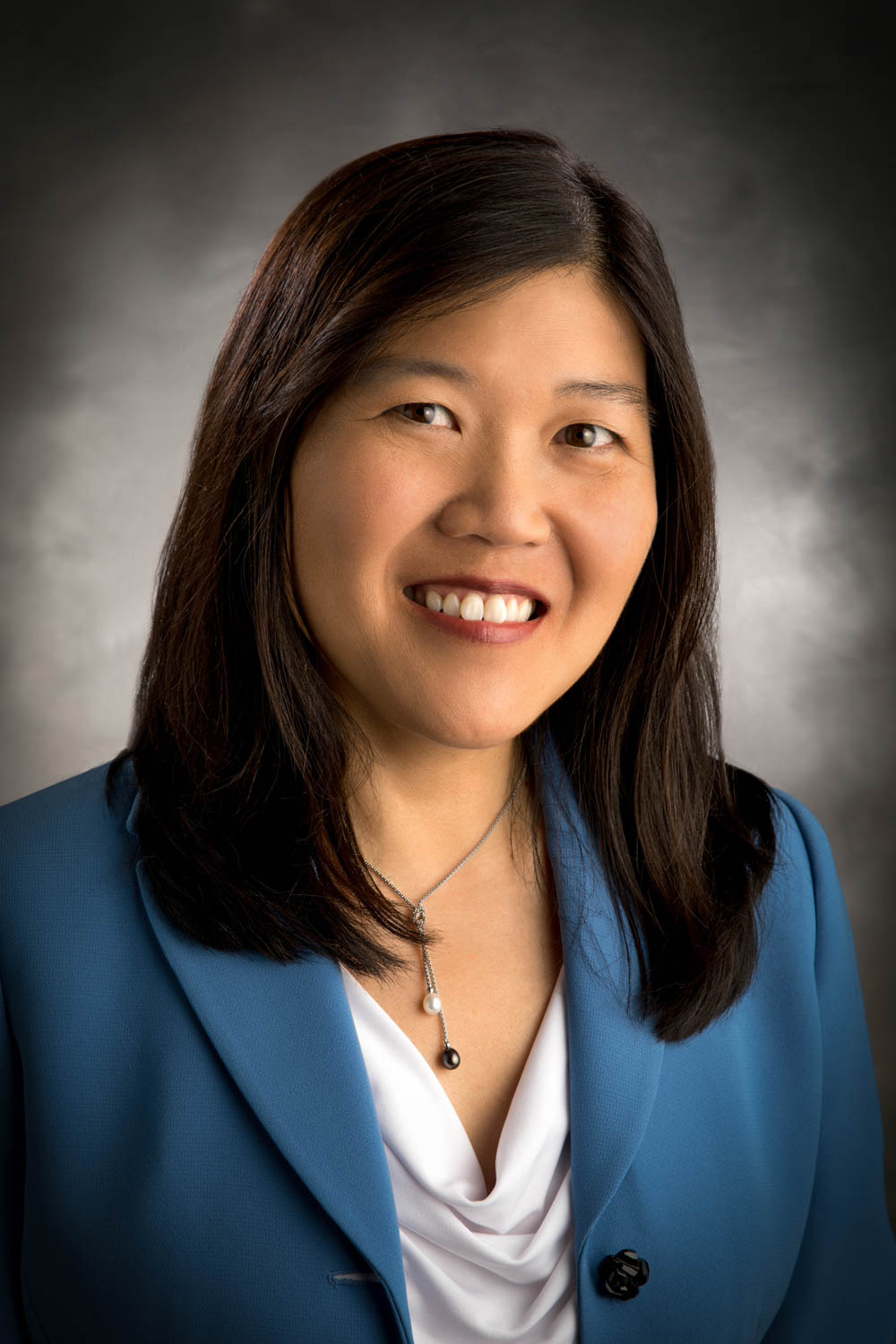


Medical Specialties
Pathology
For more than half a century, Peninsula Pathology Associates has been providing pathology services to physicians throughout Eastern Virginia at a state-of-the-art, hospital-based lab at Riverside Regional Medical Center in Newport News. They are known for having the highest standards of excellence and the very latest technology and a staff with a scope and depth of experience second to none.
The pathologists at Peninsula Pathology Associates are part of your care team behind the scenes. When your oncologist sends a biopsy sample it goes to pathology for analysis to determine if cancer cells are present. Peninsula Pathology Associates’ pathologists are active members of our cancer care network’s multidisciplinary tumor board case conferences, bringing their specialized expertise to inform treatment plan decisions.
The key to Peninsula Pathology Associates’ success has been recruiting and holding onto one of the most experienced, highest skilled and most nationally recognized team of pathologists in the region.
Radiology
For more than 50 years, Peninsula Radiological Associates has provided quality medical imaging services. Their team of board certified and fellowship-trained radiologists have over 200 years of combined experience. As a team they deliver the most comprehensive range of medical diagnostic imaging and interventional radiological procedures available on the Virginia Peninsula. Peninsula Radiological Associates is affiliated with the highly esteemed Riverside Health. This partnership allows for the greatest level of expertise, technology and service to our patients.
Their team of accomplished physicians have a wide range of sub-specialty, fellowship trained expertise, which allows them to provide our patients with outstanding care. Areas of expertise include vascular and interventional radiology, biliary interventions, chemoembolization, dialysis access, body imaging, interventional oncology, musculoskeletal imaging and intervention, diagnostic radiology, CT, MRI, ultrasound, nuclear medicine, stereotactic biopsy, breast imaging, uterine artery embolization, carotid stents, endovascular vein ablations, neuroimaging head and neck imaging. Peninsula Radiological Associates is committed to creating and maintaining the highest standards, which continue to surpass the expectations of our patients and our referring doctors.
Peninsula Radiological Associates is affiliated with Riverside Heath. This partnership allows for them to provide access to state-of-the-art technology and high-quality care conveniently throughout the area.



Angela Marie DeRidder, MD
Cancer Care, Medical Oncology, Hematology/Oncology,

Nicholas Matthew Drake, MD
Cancer Care, Medical Oncology, Internal Medicine,

George Joy Kannarkat, MD
Cancer Care, Medical Oncology, Hematology/Oncology,



Flavia Esteve Kostov, MD
Cancer Care, Medical Oncology, Hematology/Oncology,



John Francois Miller, MD
Cancer Care, Medical Oncology, Hematology/Oncology,



Narayanan Sadagopan, MD
Cancer Care, Medical Oncology, Hematology/Oncology,

Lauren Elisabeth Salmon, DO
Cancer Care, Medical Oncology, Hematology/Oncology,


Amy Michelle Skorupa, MD
Cancer Care, Medical Oncology, Internal Medicine,


Kelly G. Armbruster, FNP
Cancer Care, Medical Oncology, Hematology/Oncology,


Jessica Ann Cockrill, FNP
Cancer Care, Medical Oncology, Hematology/Oncology,


















Camil Enid Liceaga Correia, MD
Ear, Nose and Throat, Surgical Oncology,

Paul Lawson Evans Jr., MD
Cardiothoracic Surgery, Heart Surgery, Thoracic Surgery,



Dean Borissov Kostov, MD
Neurosurgery, Spine Surgery, Neurointerventional Specialist,













Robert George Strange Jr., MD
Cardiothoracic Surgery, Heart Surgery, Thoracic Surgery,




For more than half a century, Peninsula Pathology Associates has been providing pathology services to physicians throughout Eastern Virginia at a state-of-the-art, hospital-based lab at Riverside Regional Medical Center in Newport News. They are known for having the highest standards of excellence and the very latest technology and a staff with a scope and depth of experience second to none.
The pathologists at Peninsula Pathology Associates are part of your care team behind the scenes. When your oncologist sends a biopsy sample it goes to pathology for analysis to determine if cancer cells are present. Peninsula Pathology Associates’ pathologists are active members of our cancer care network’s multidisciplinary tumor board case conferences, bringing their specialized expertise to inform treatment plan decisions.
The key to Peninsula Pathology Associates’ success has been recruiting and holding onto one of the most experienced, highest skilled and most nationally recognized team of pathologists in the region.
For more than 50 years, Peninsula Radiological Associates has provided quality medical imaging services. Their team of board certified and fellowship-trained radiologists have over 200 years of combined experience. As a team they deliver the most comprehensive range of medical diagnostic imaging and interventional radiological procedures available on the Virginia Peninsula. Peninsula Radiological Associates is affiliated with the highly esteemed Riverside Health. This partnership allows for the greatest level of expertise, technology and service to our patients.
Their team of accomplished physicians have a wide range of sub-specialty, fellowship trained expertise, which allows them to provide our patients with outstanding care. Areas of expertise include vascular and interventional radiology, biliary interventions, chemoembolization, dialysis access, body imaging, interventional oncology, musculoskeletal imaging and intervention, diagnostic radiology, CT, MRI, ultrasound, nuclear medicine, stereotactic biopsy, breast imaging, uterine artery embolization, carotid stents, endovascular vein ablations, neuroimaging head and neck imaging. Peninsula Radiological Associates is committed to creating and maintaining the highest standards, which continue to surpass the expectations of our patients and our referring doctors.
Peninsula Radiological Associates is affiliated with Riverside Heath. This partnership allows for them to provide access to state-of-the-art technology and high-quality care conveniently throughout the area.
An entire team dedicated to supporting you every step of the way.
At Riverside Cancer Care Network, we take a multidisciplinary approach. You’ll have an entire team dedicated to you - how best to treat your cancer, support you and your family and walk you through your cancer journey for the very best outcome.
Learn about the different cancer specialists that may be on your cancer care team from the dropdown below.
